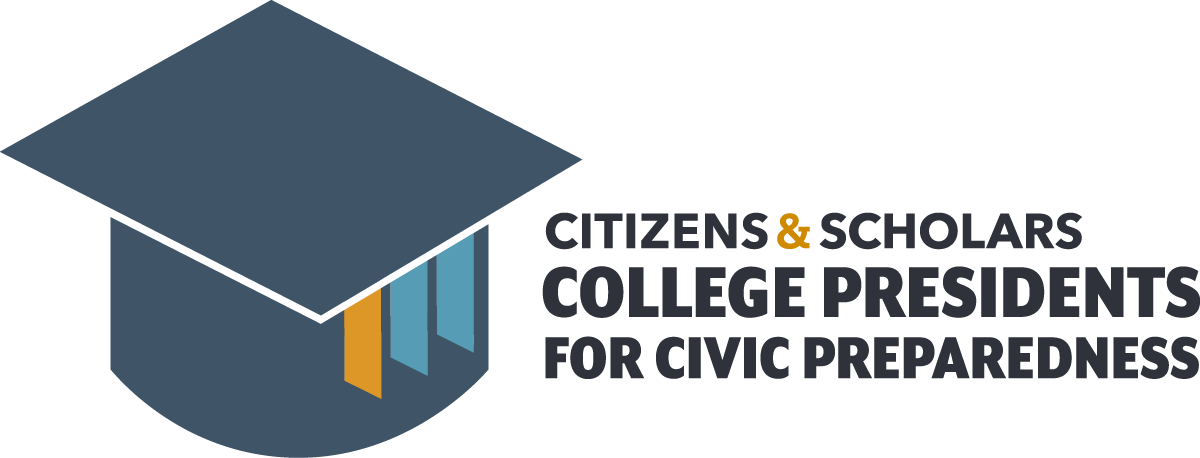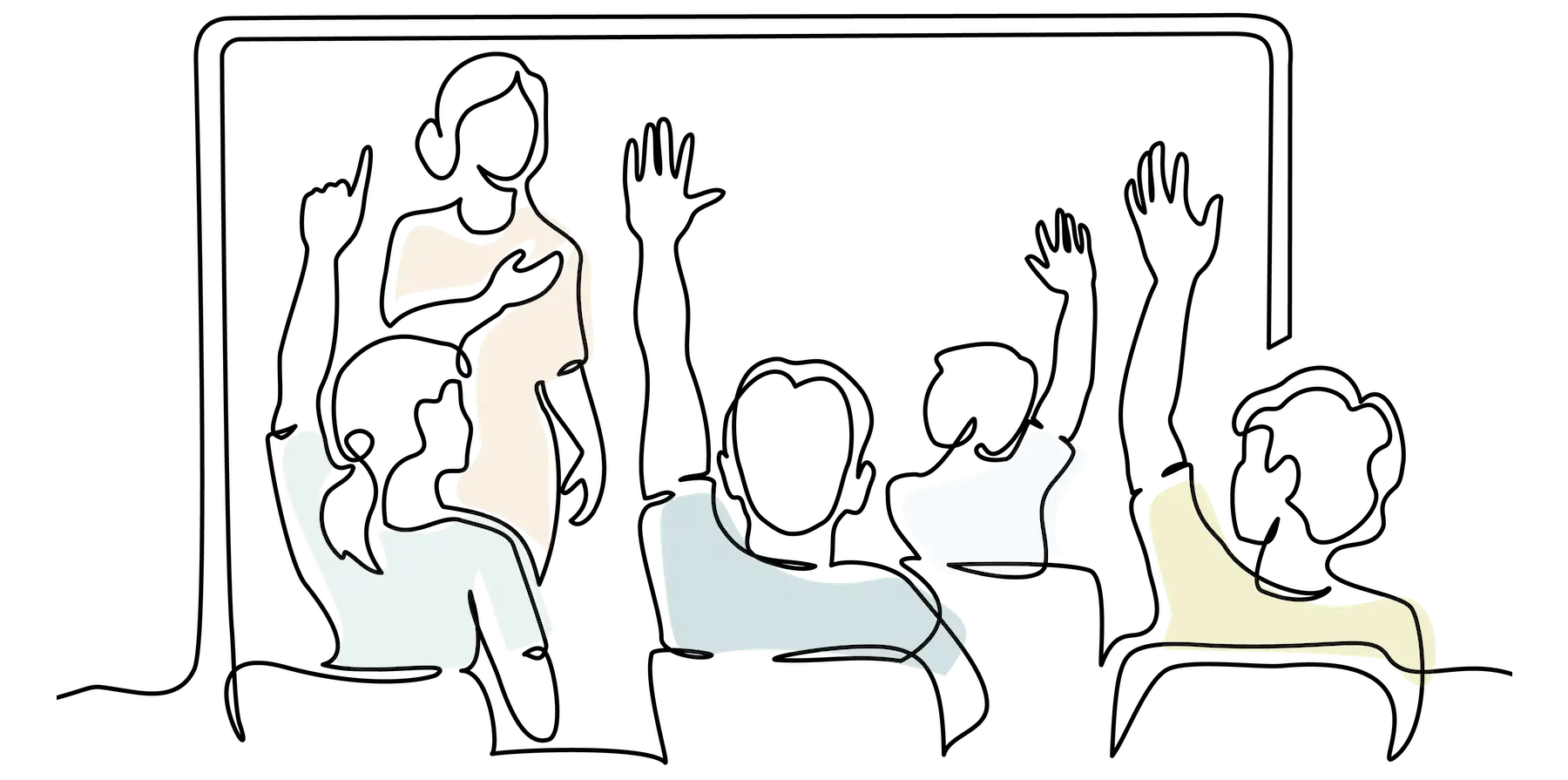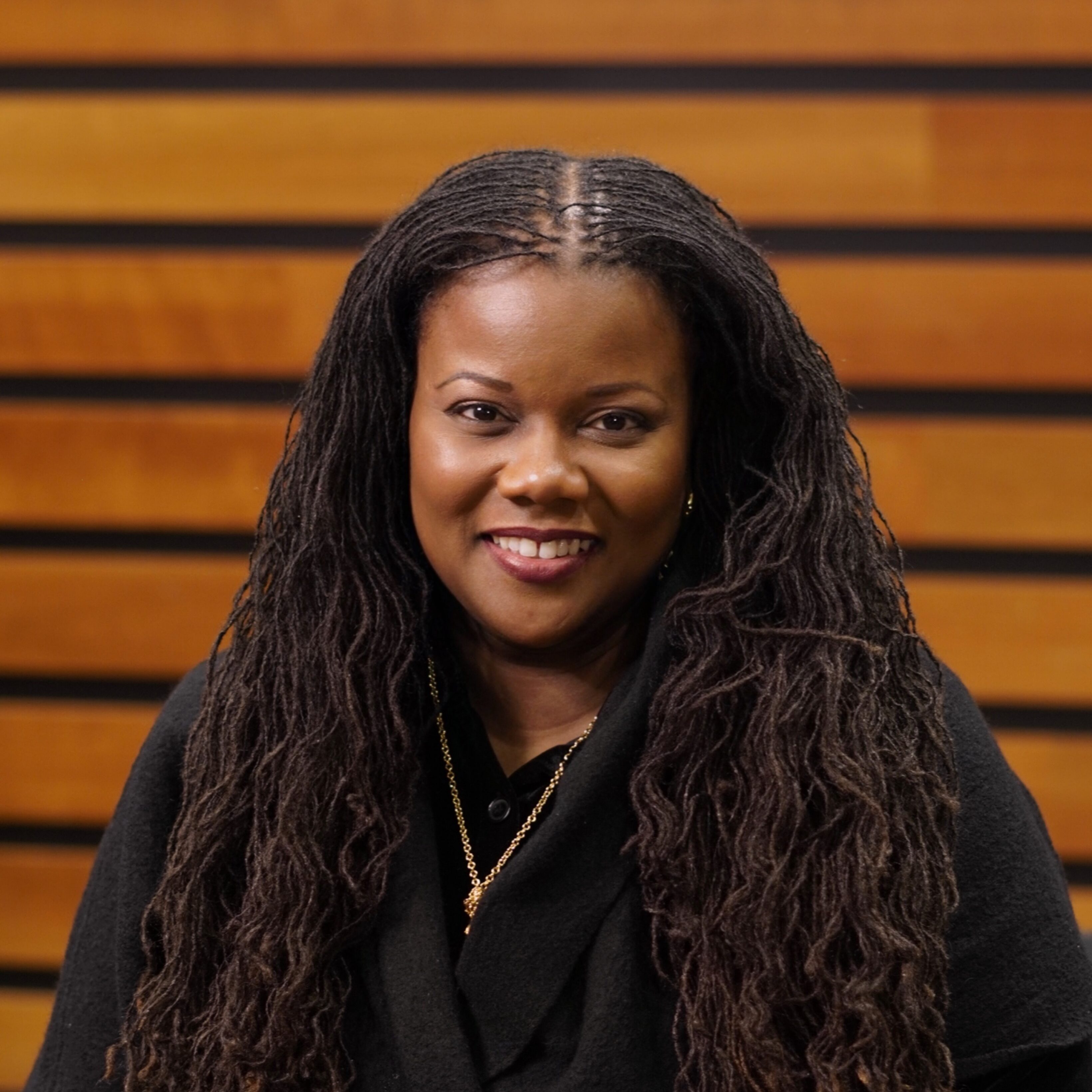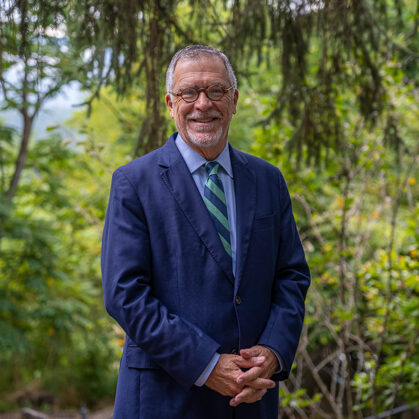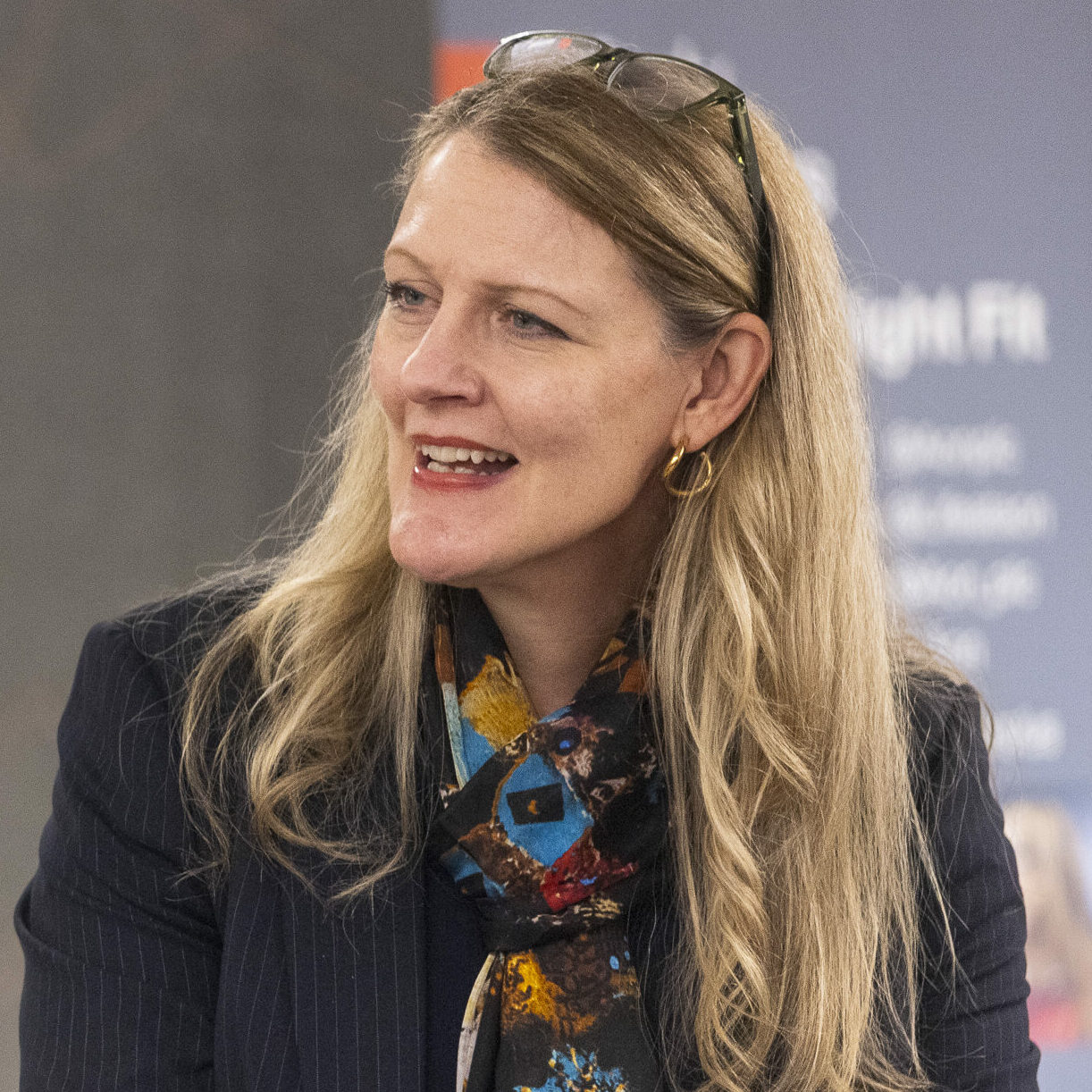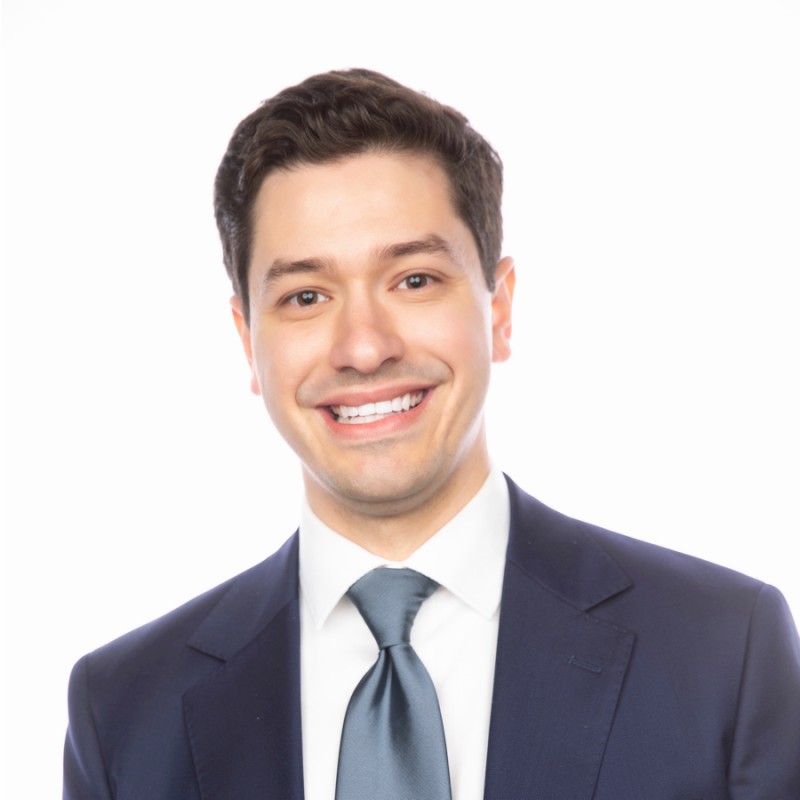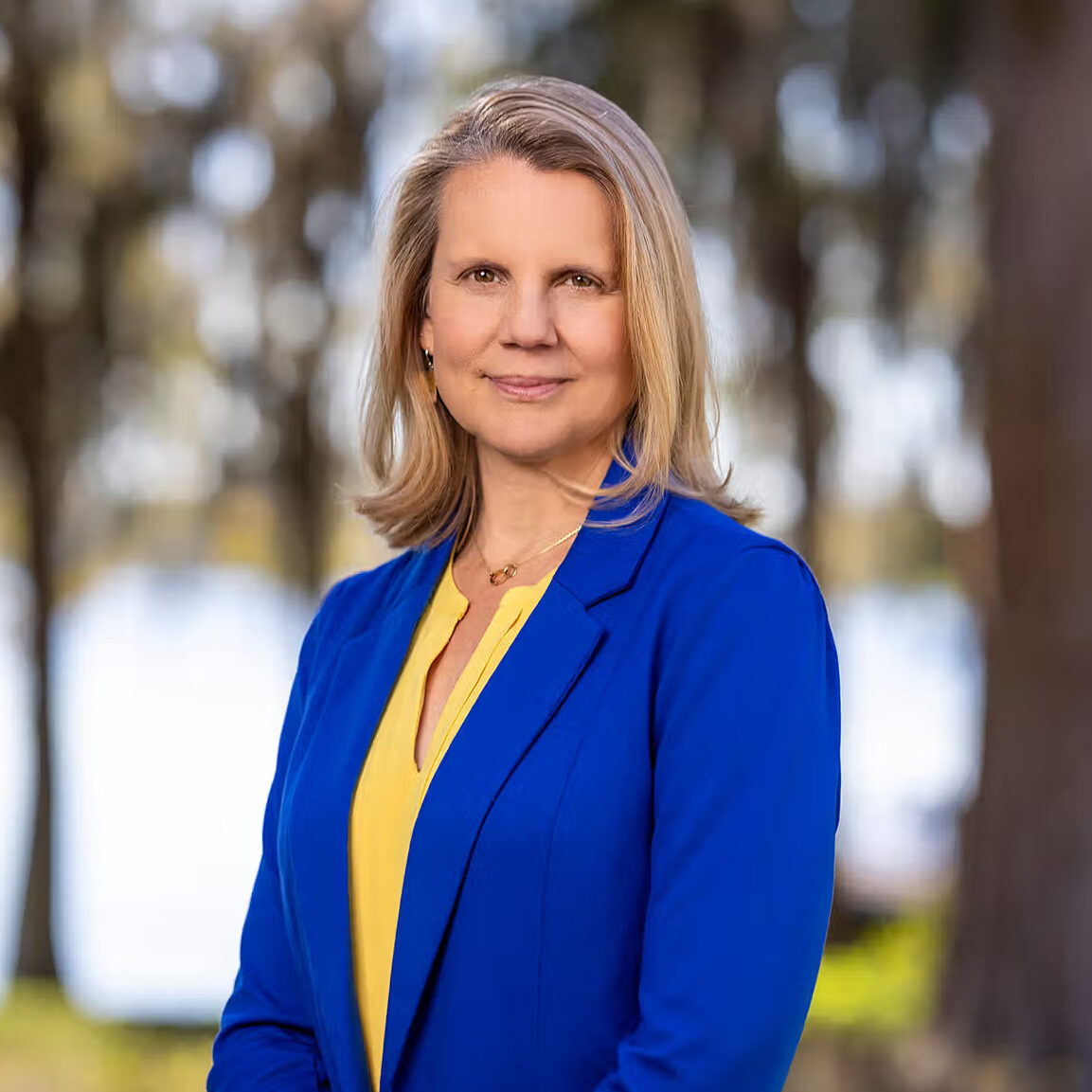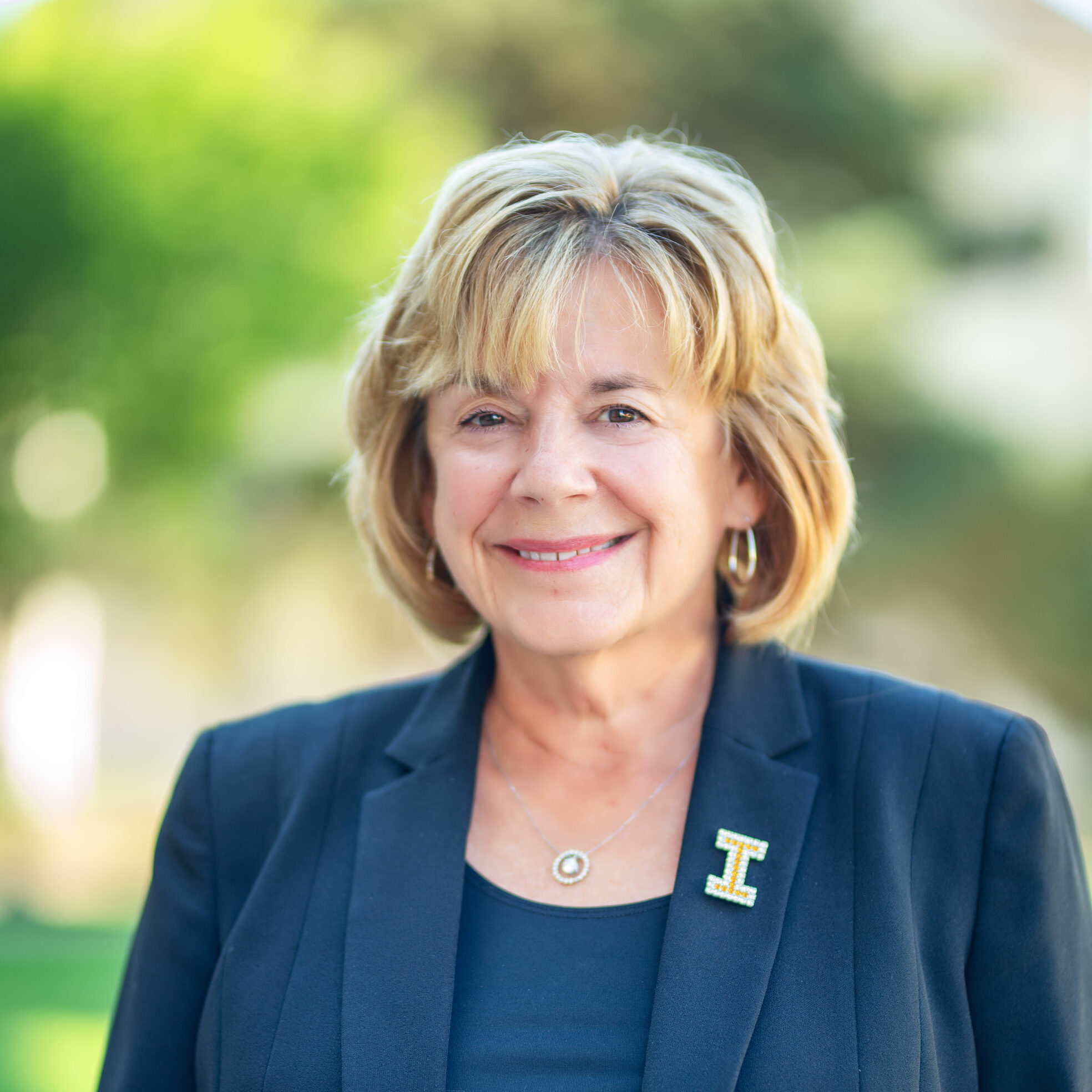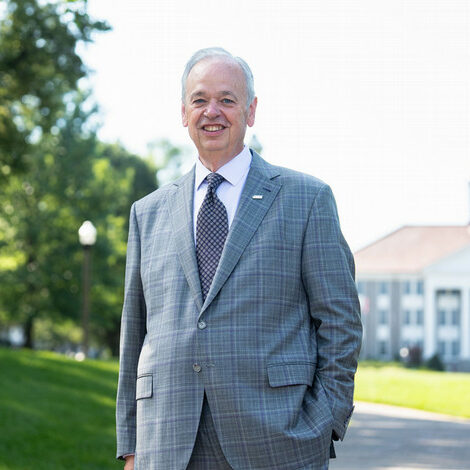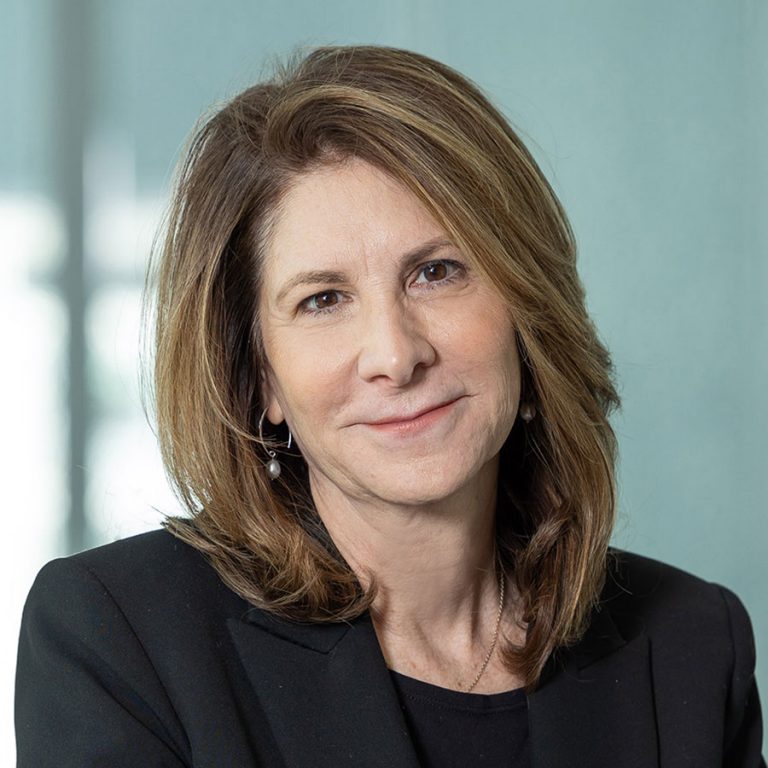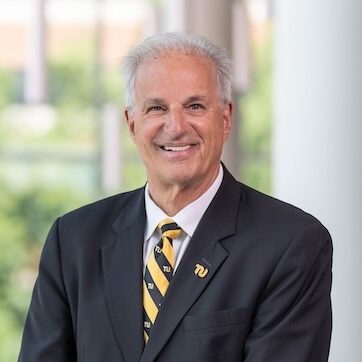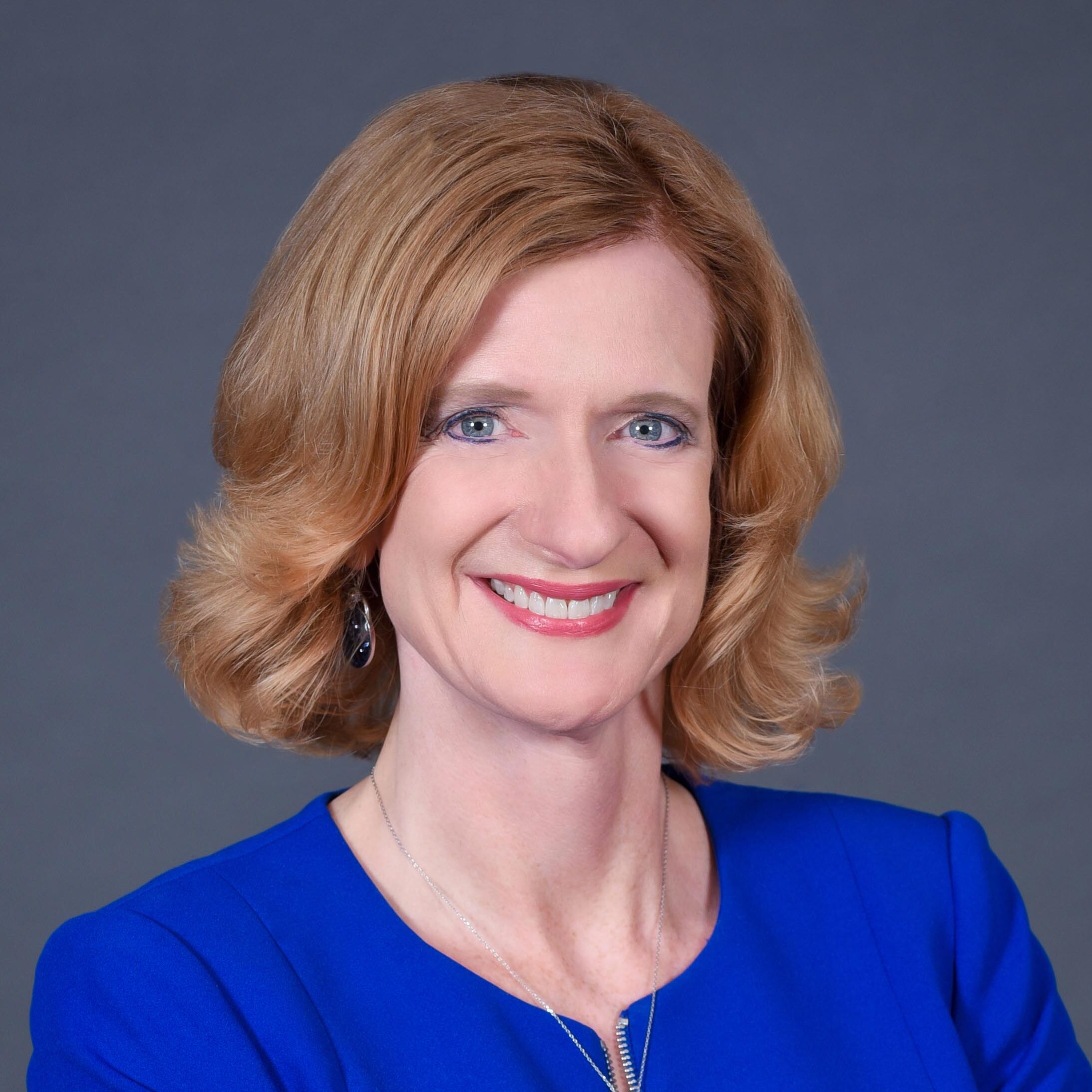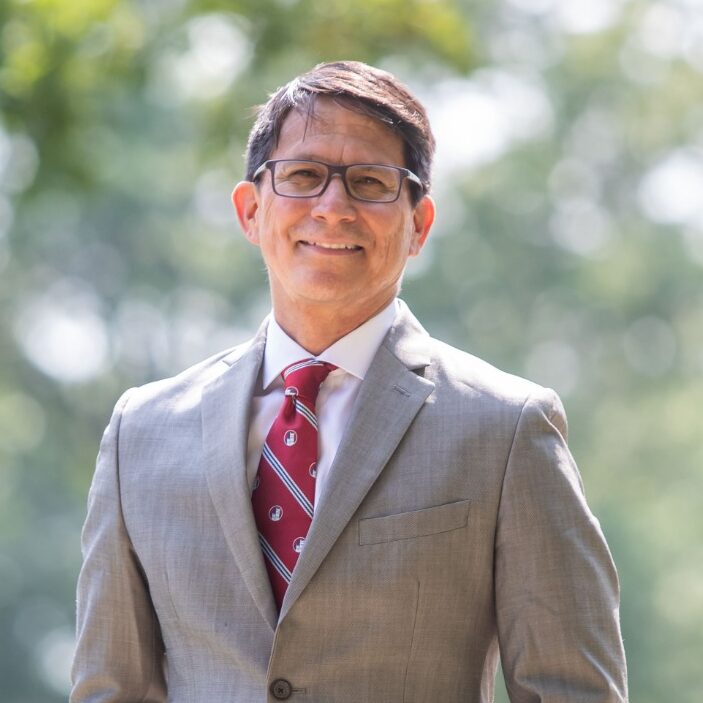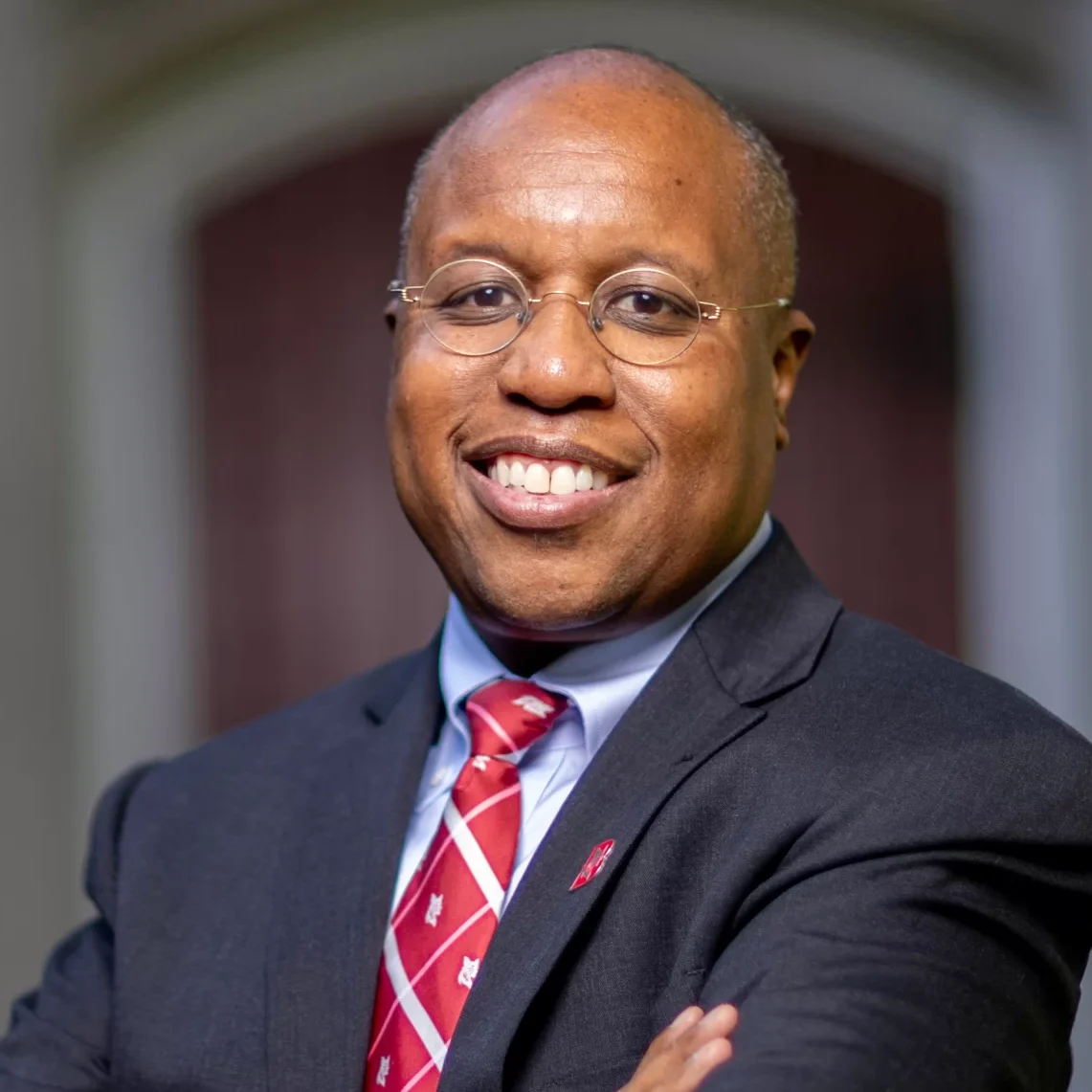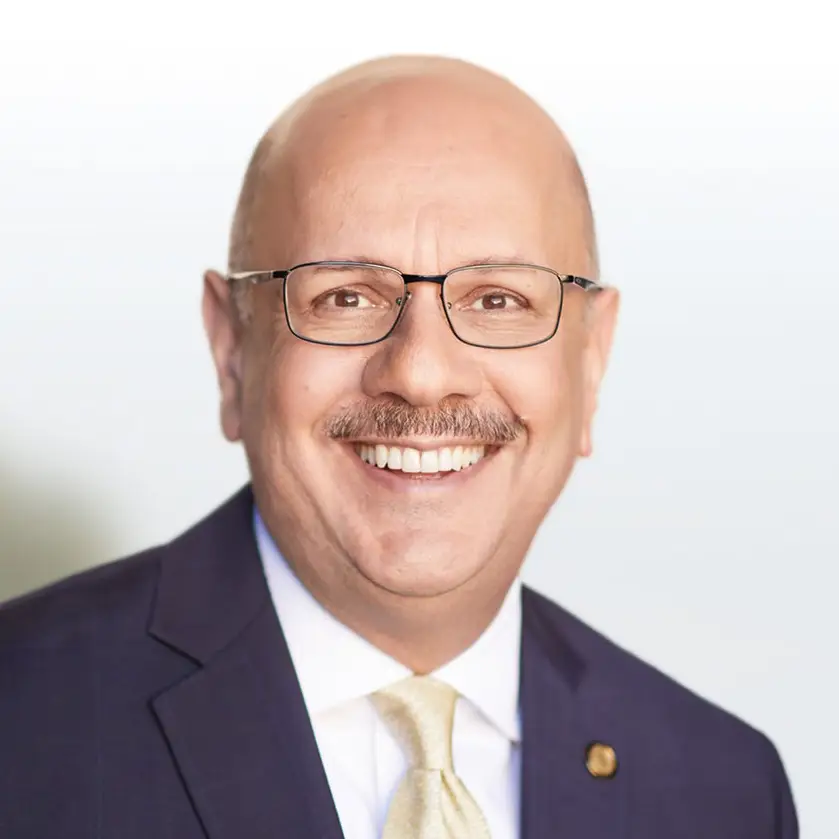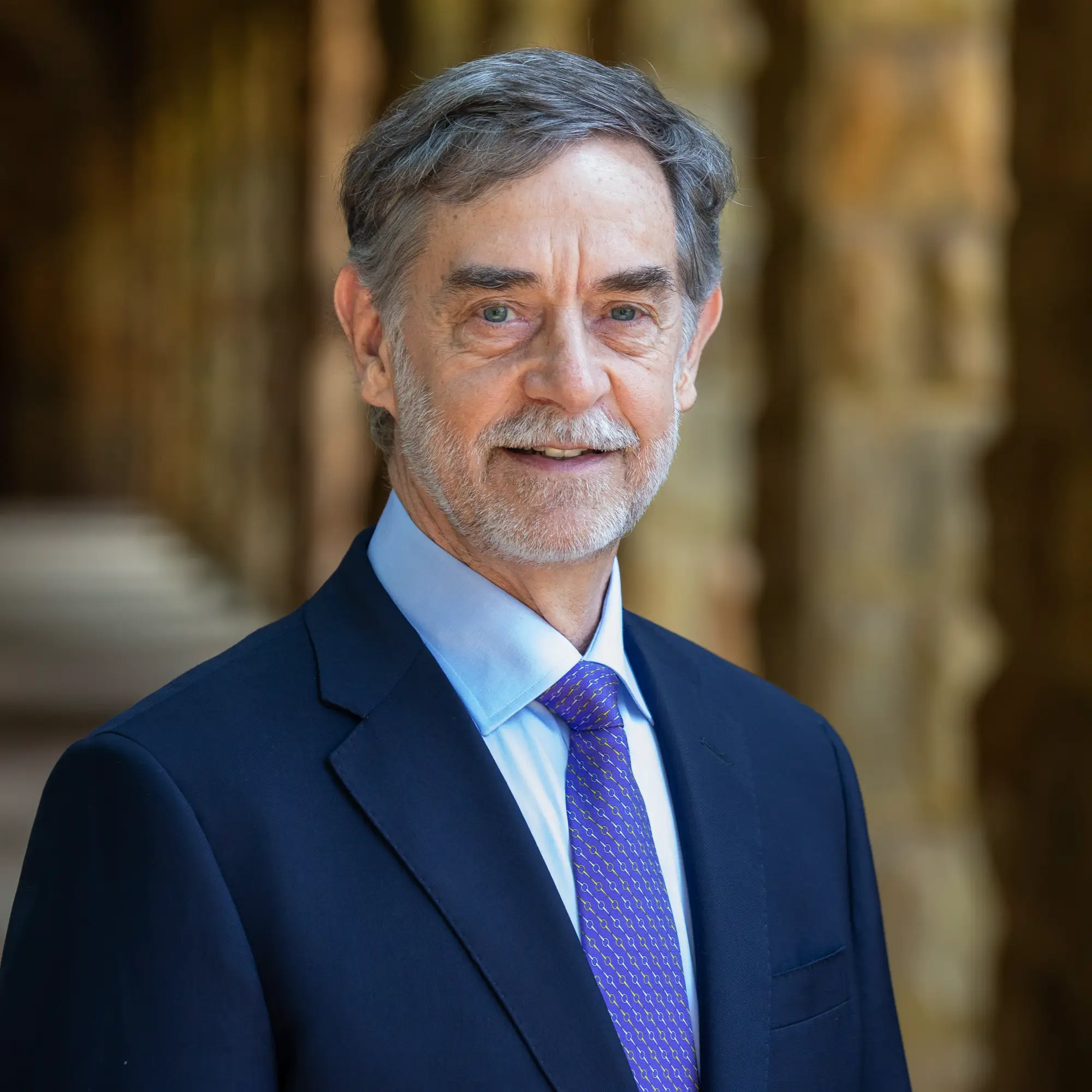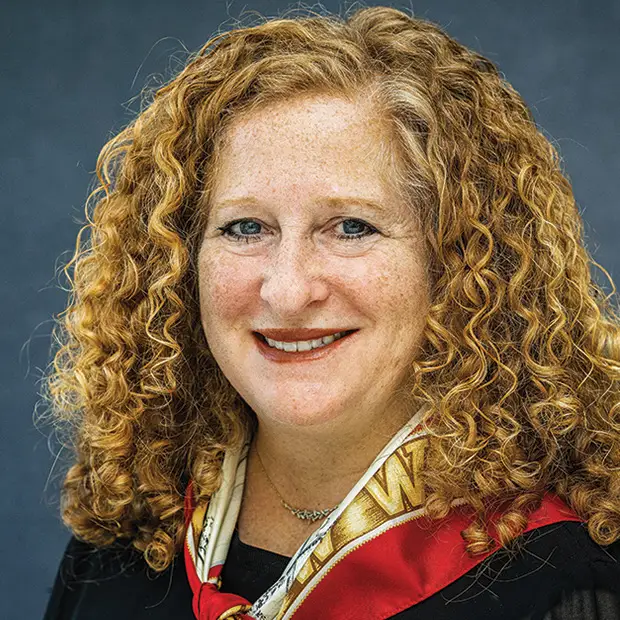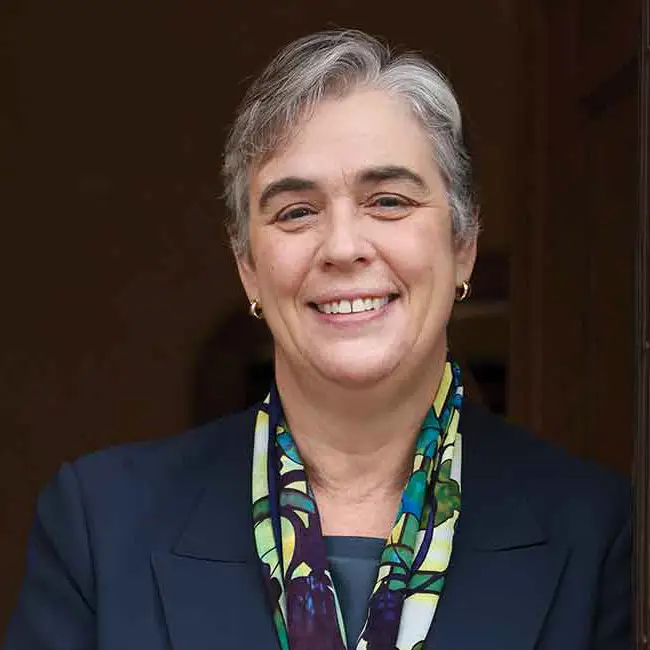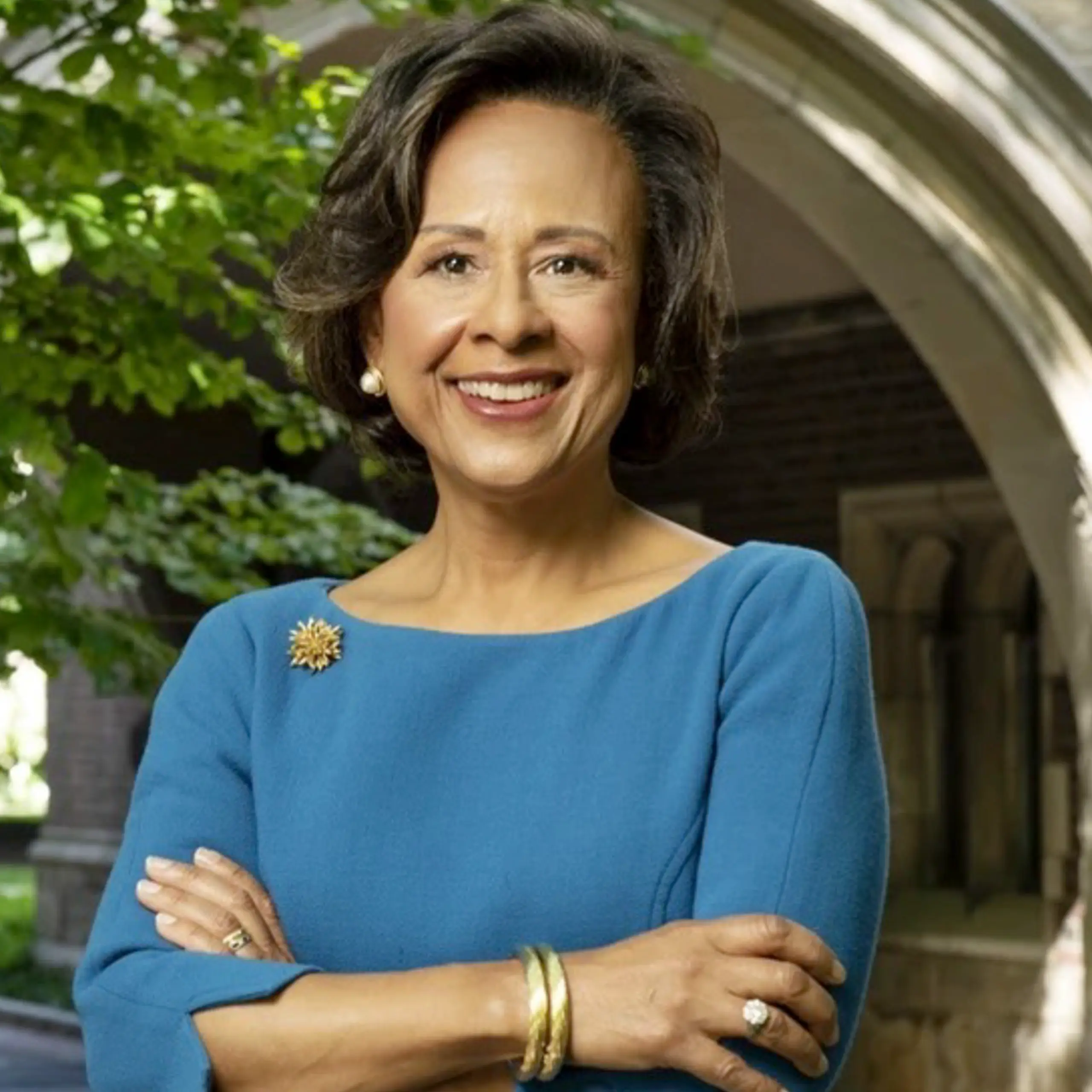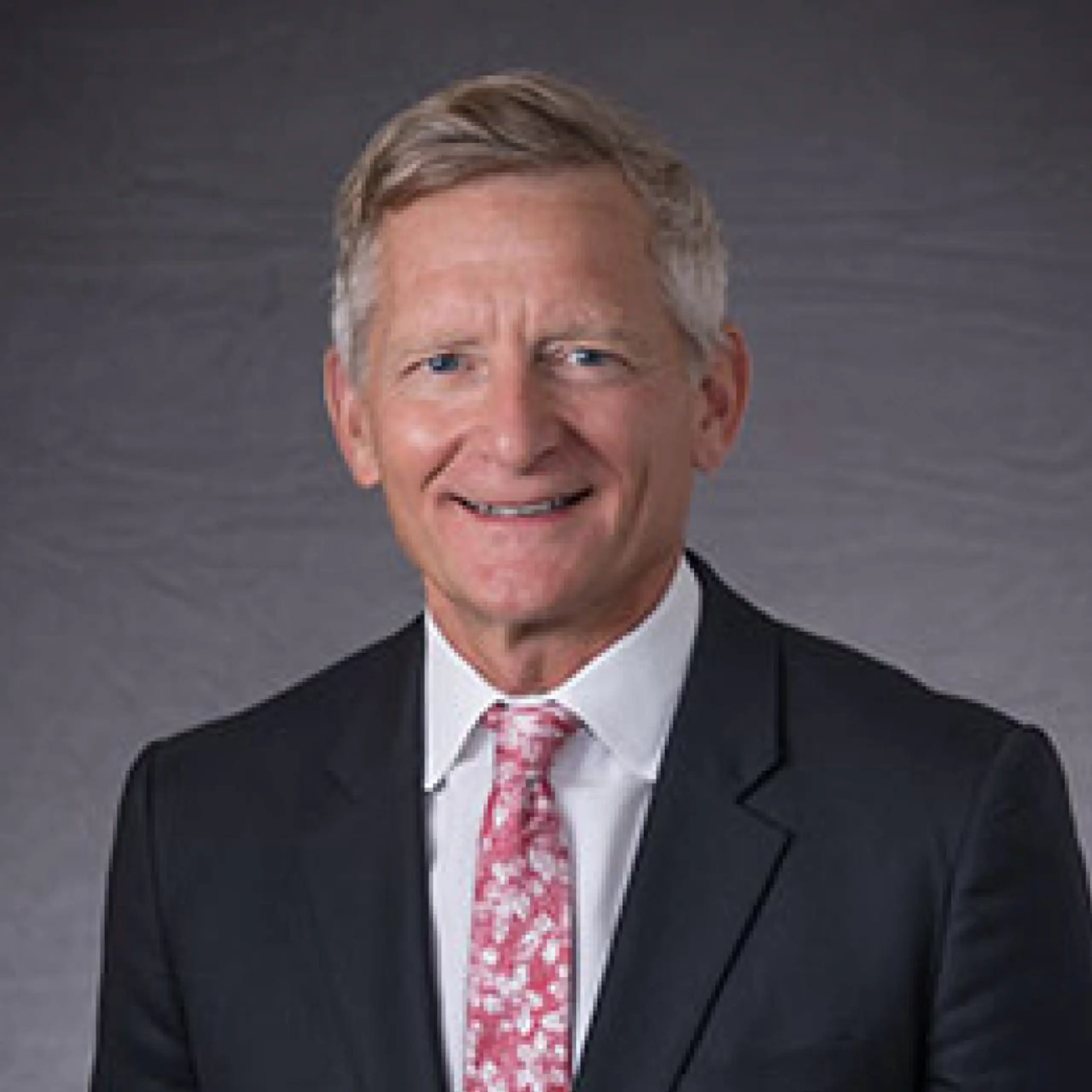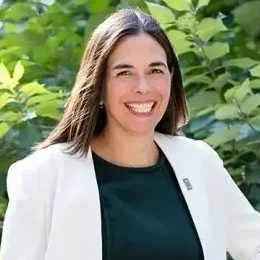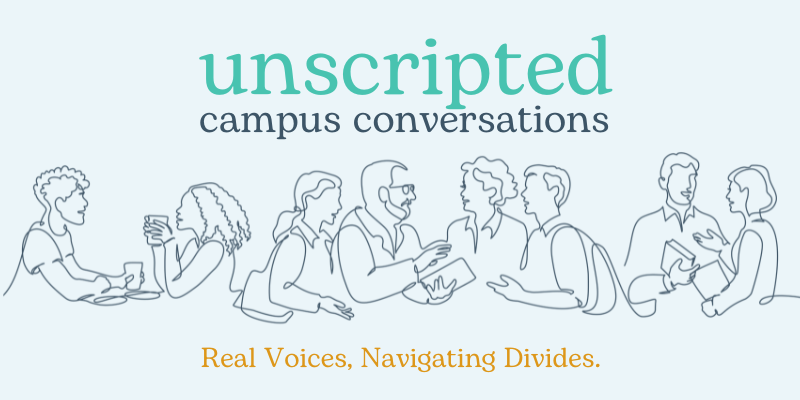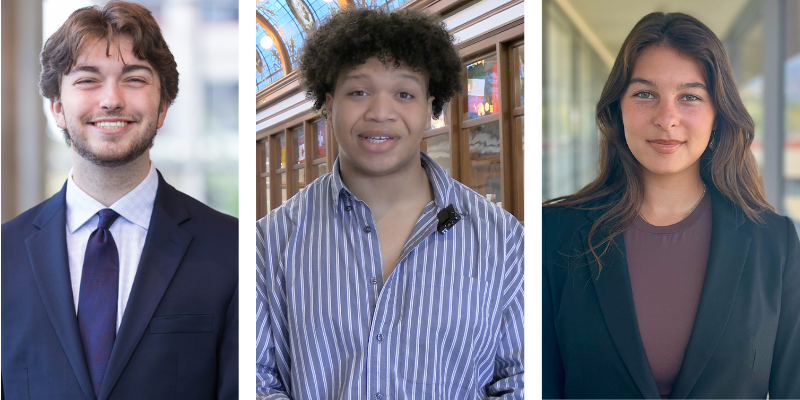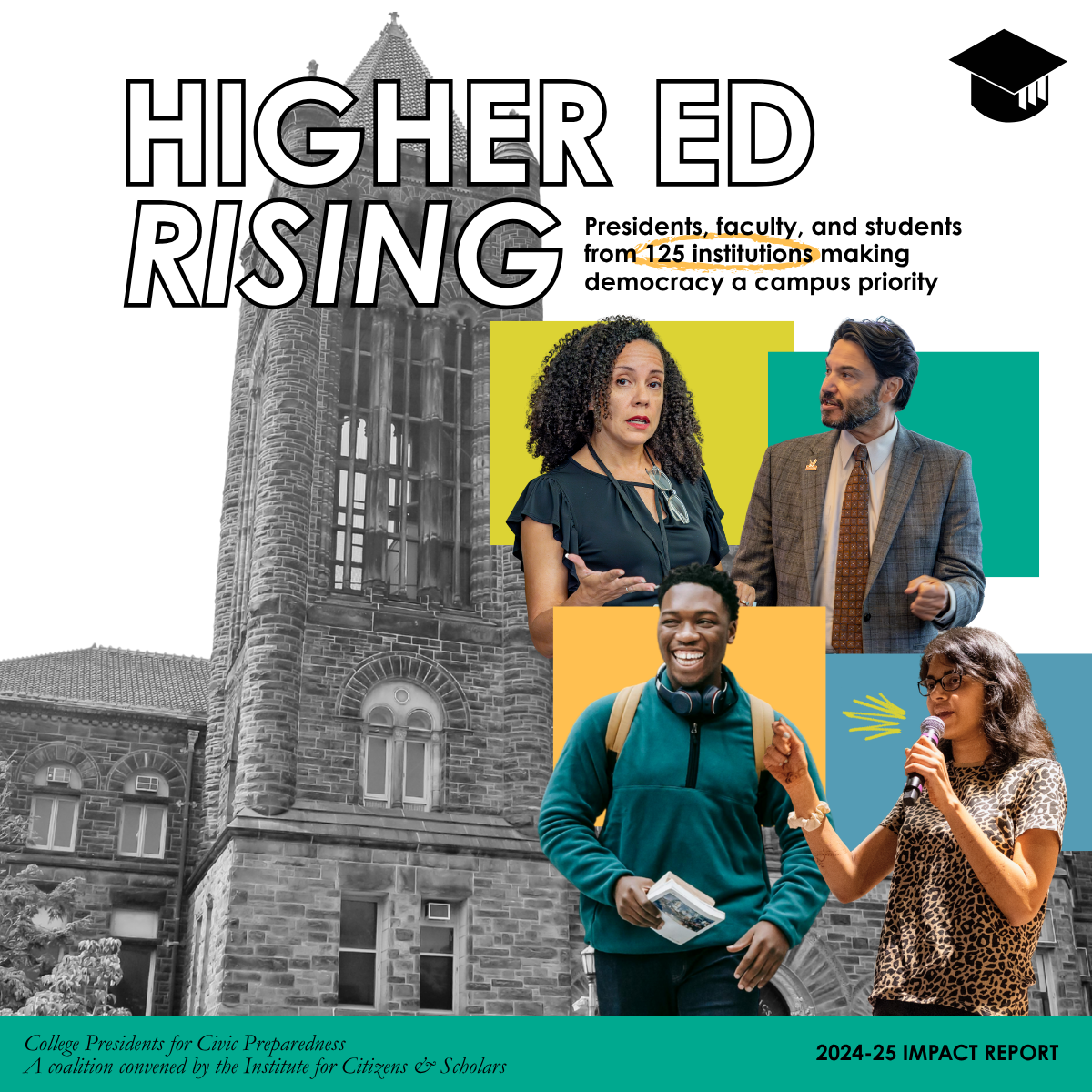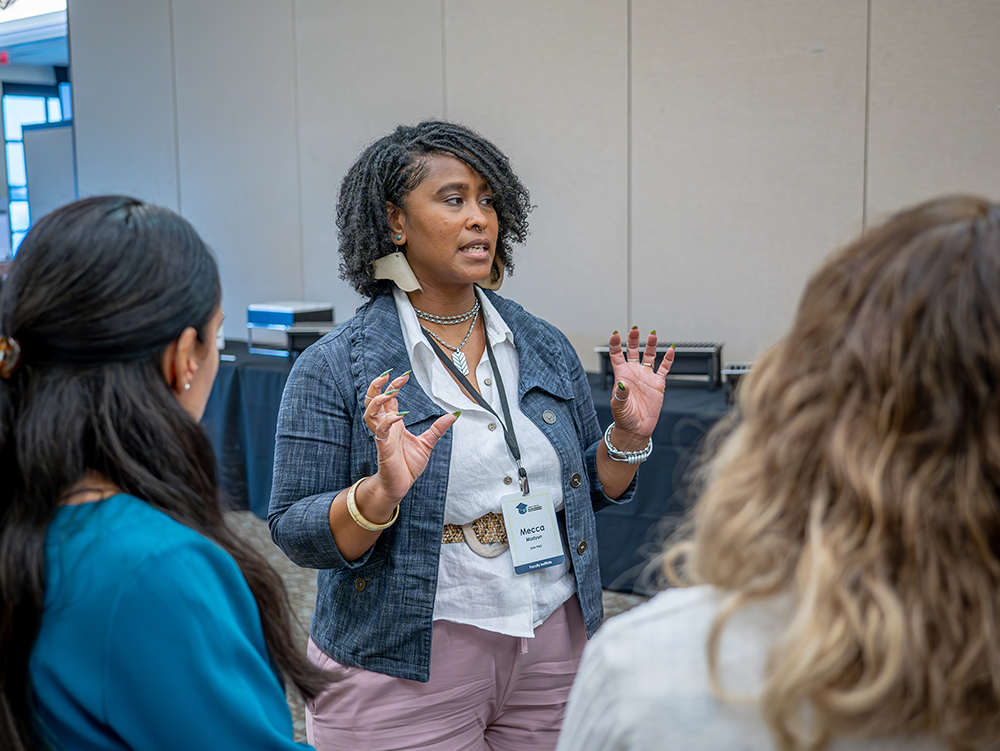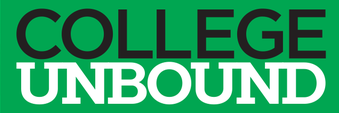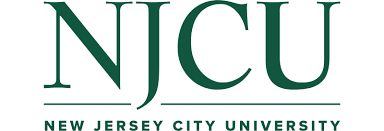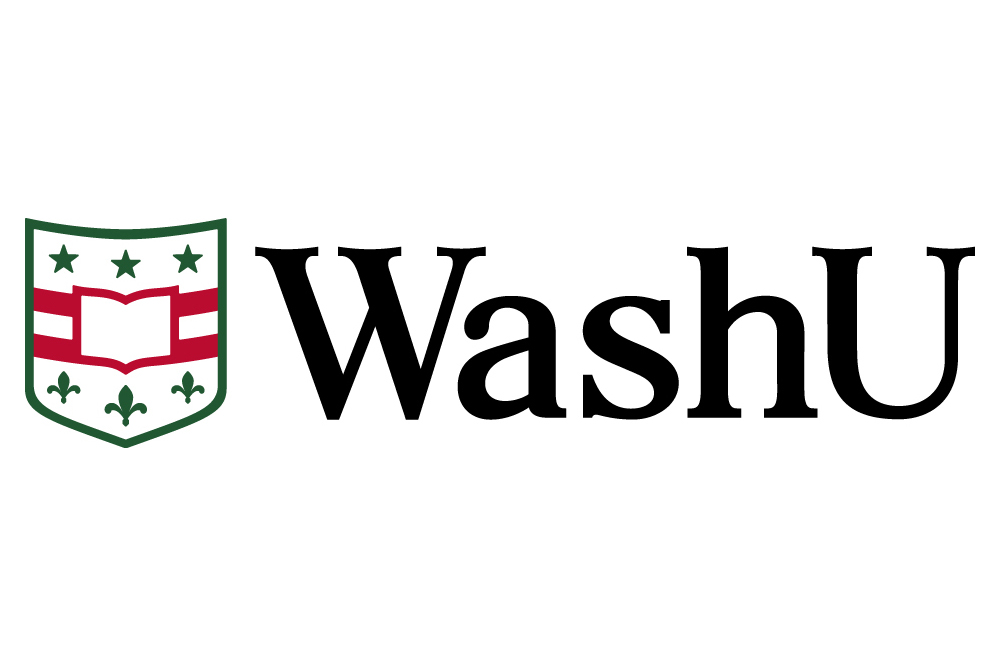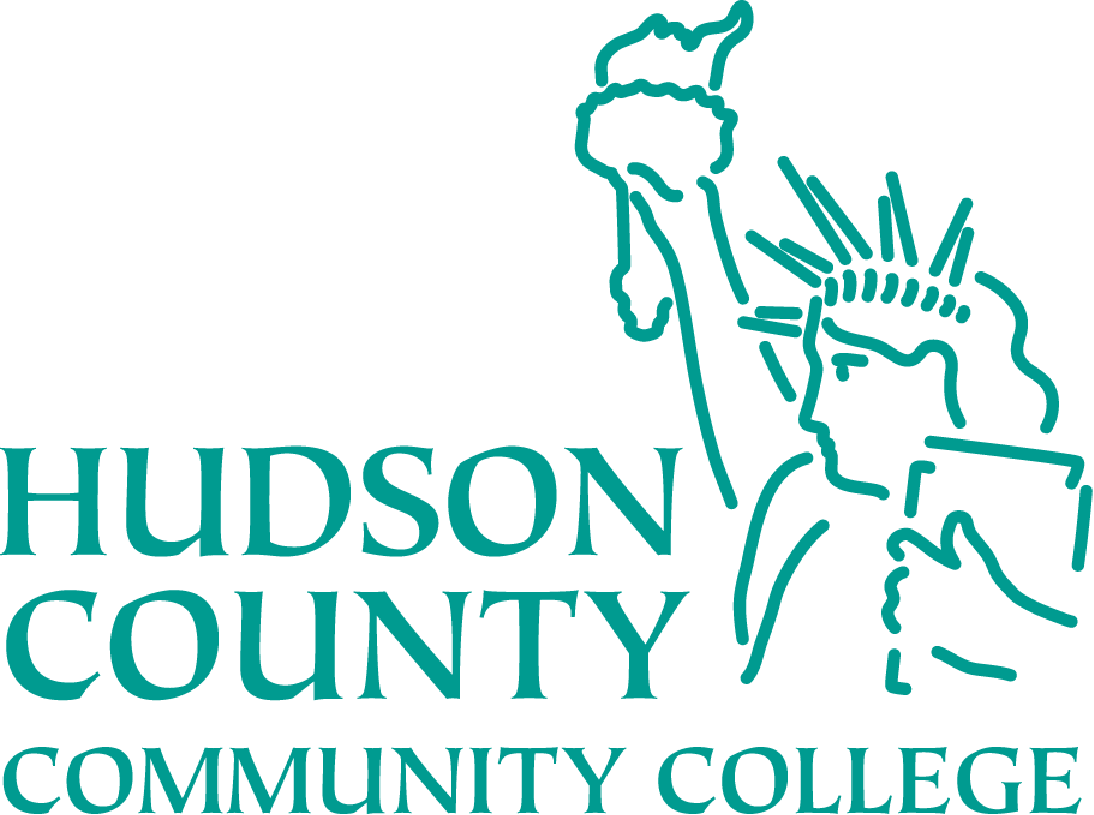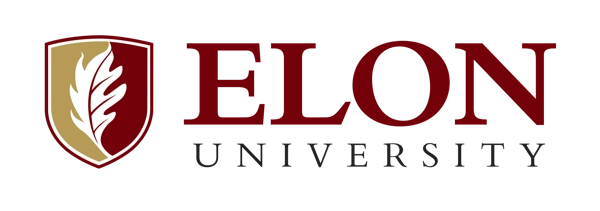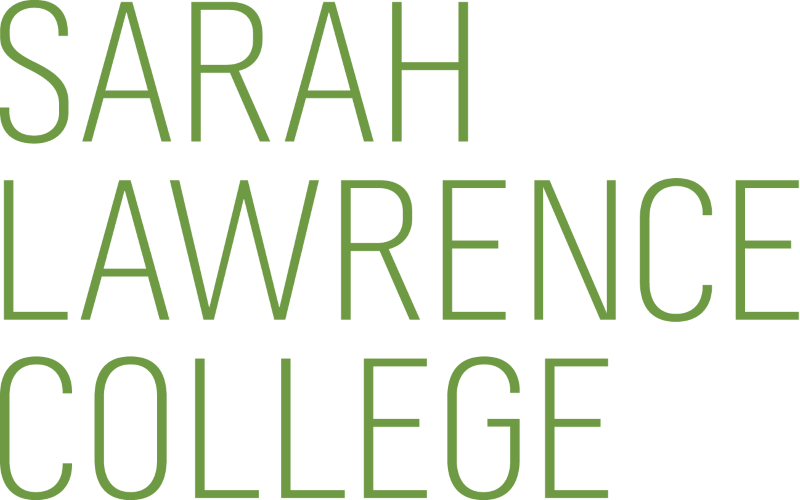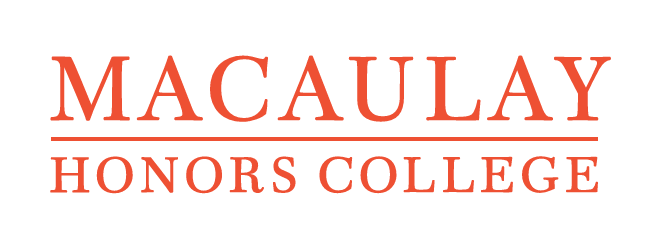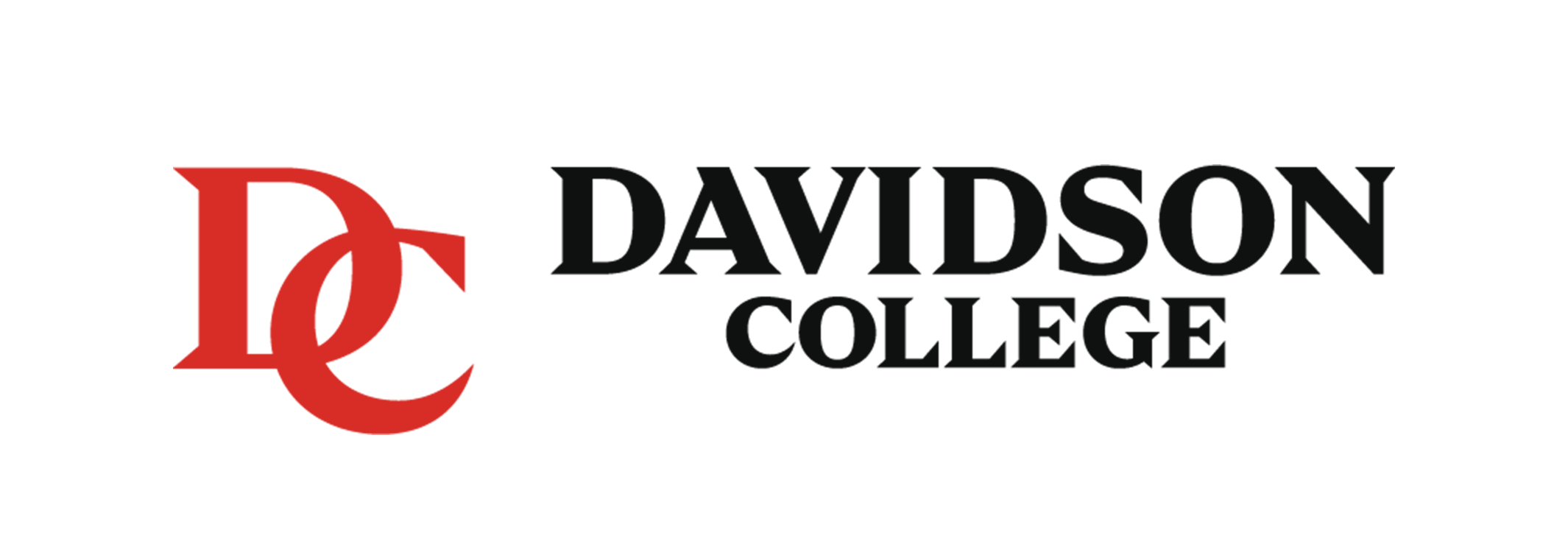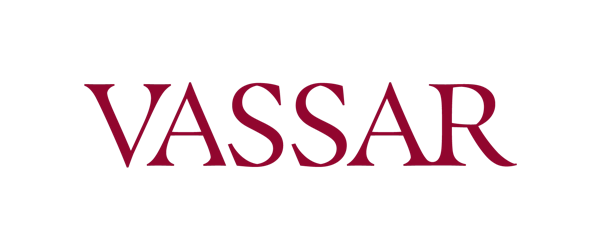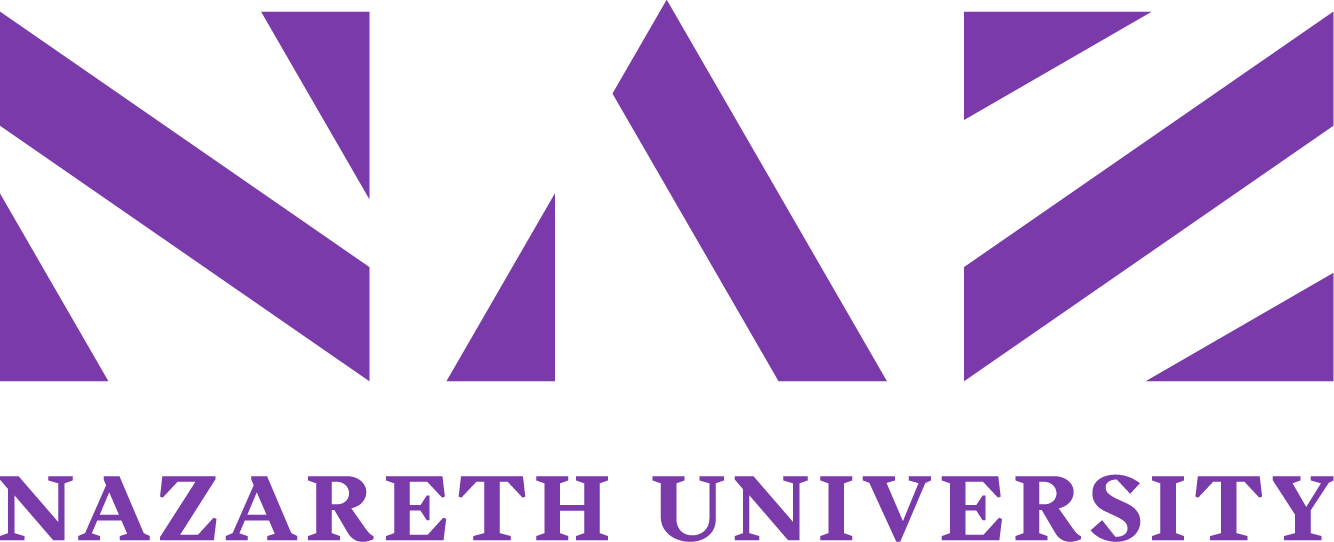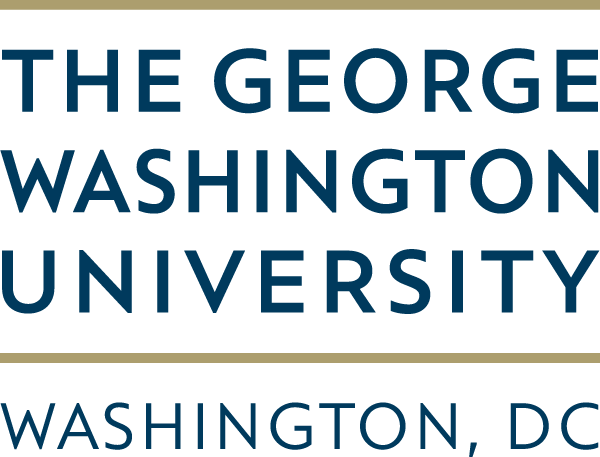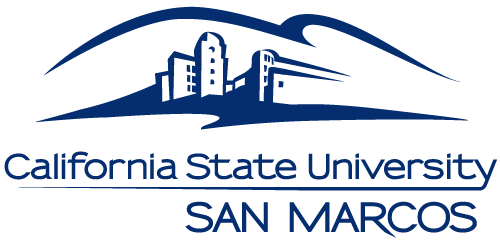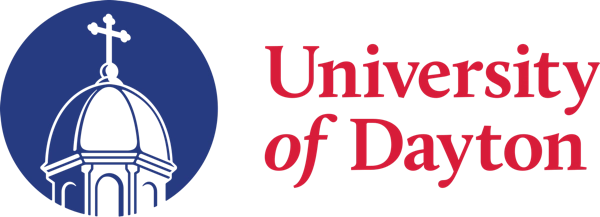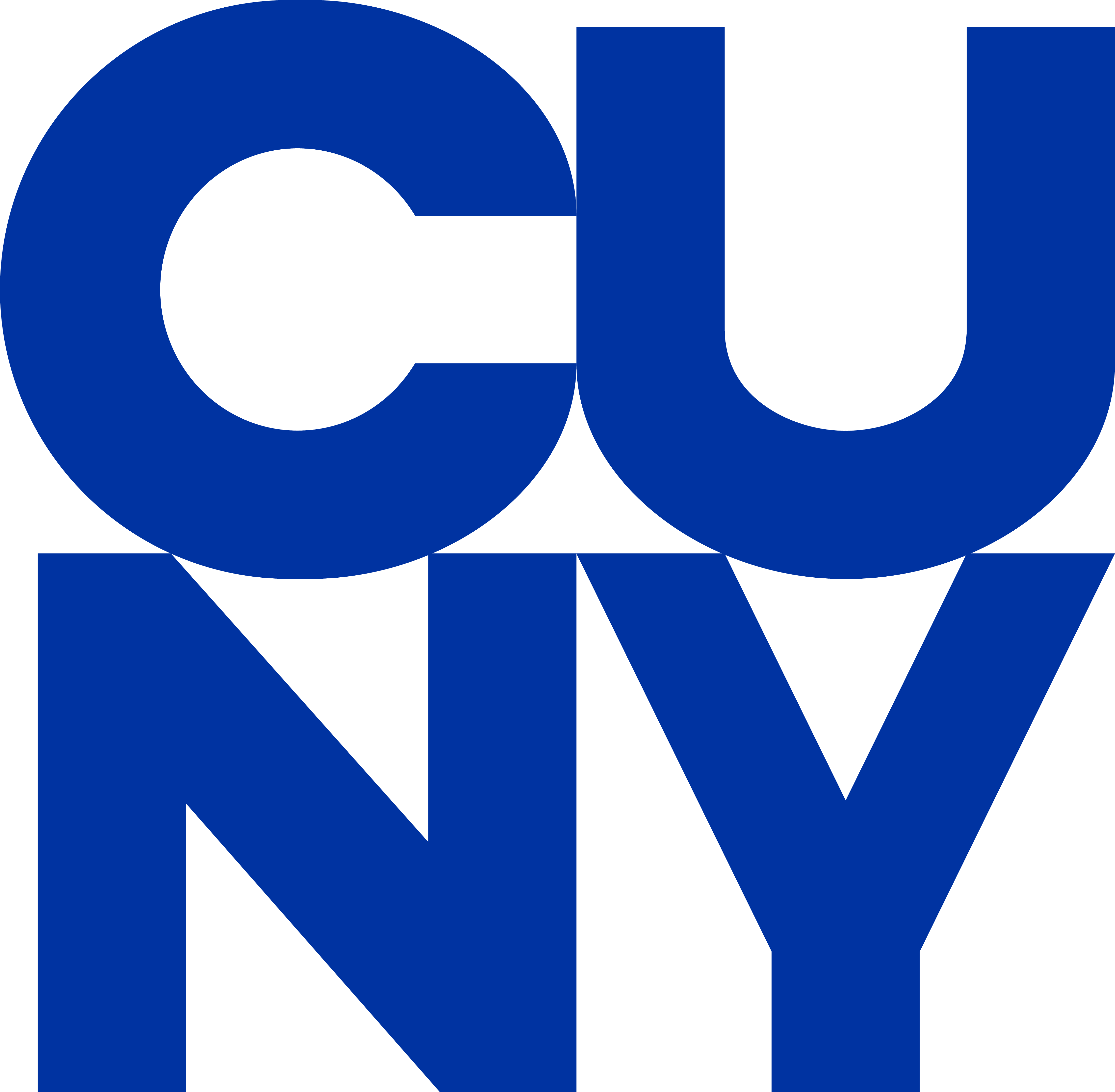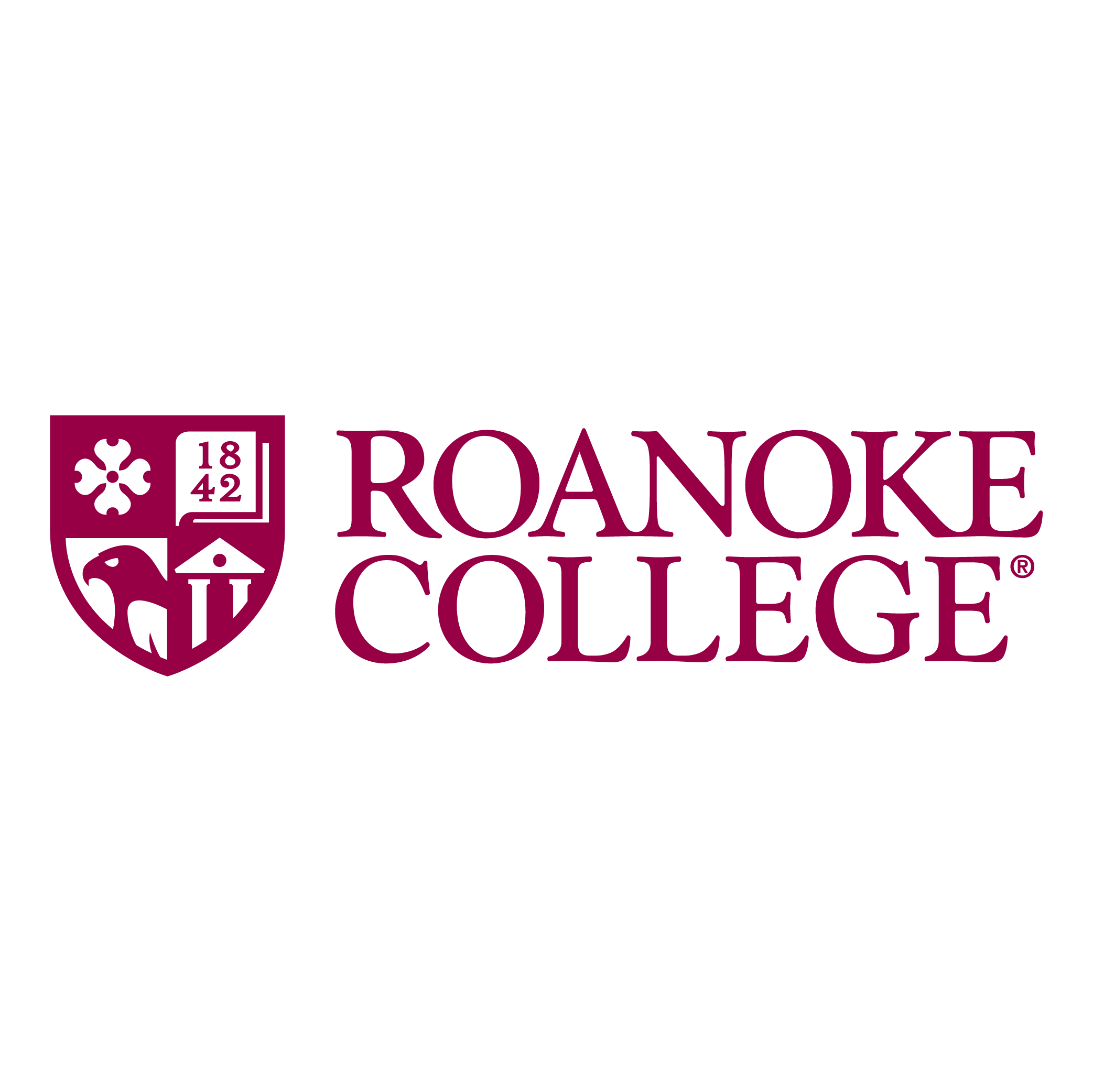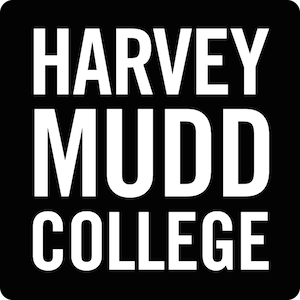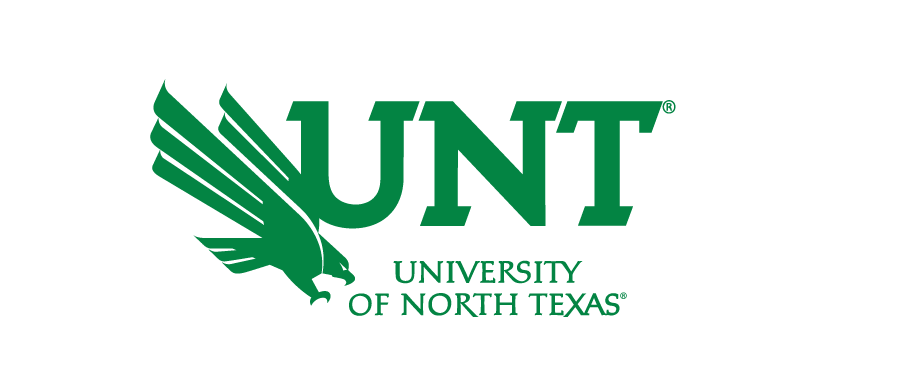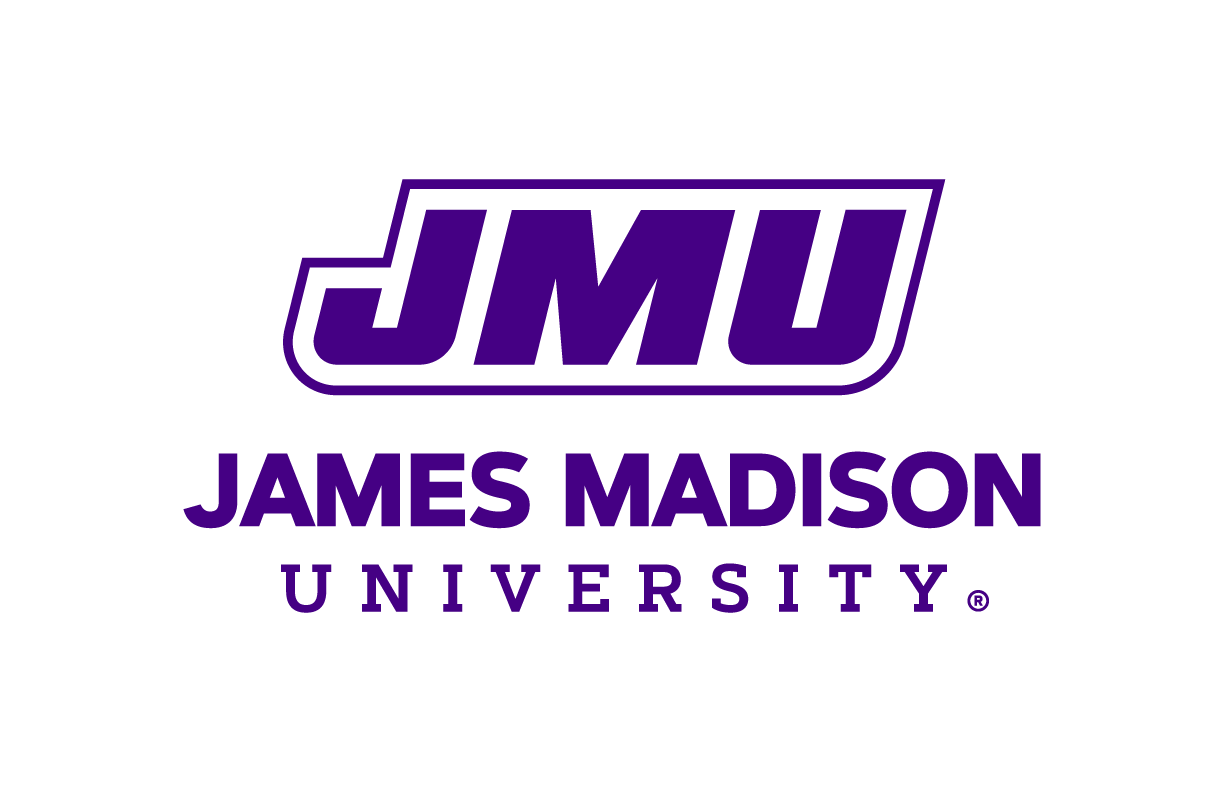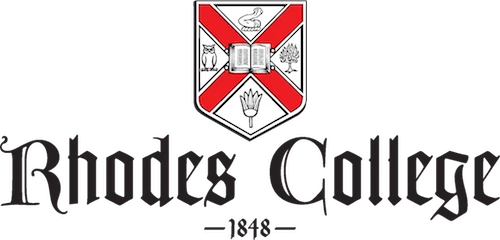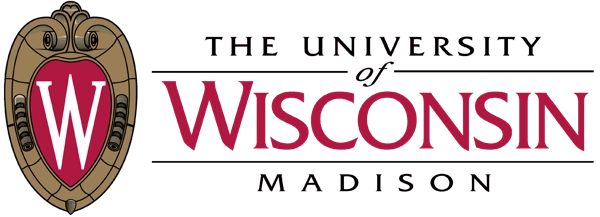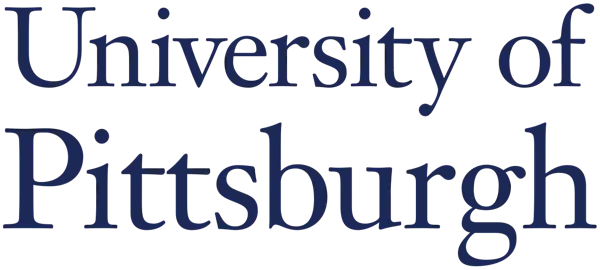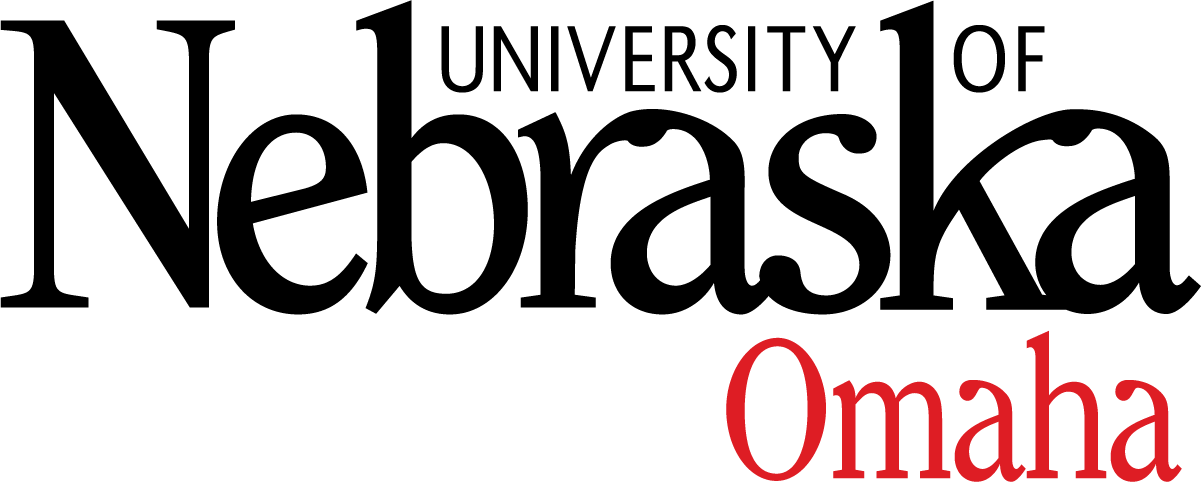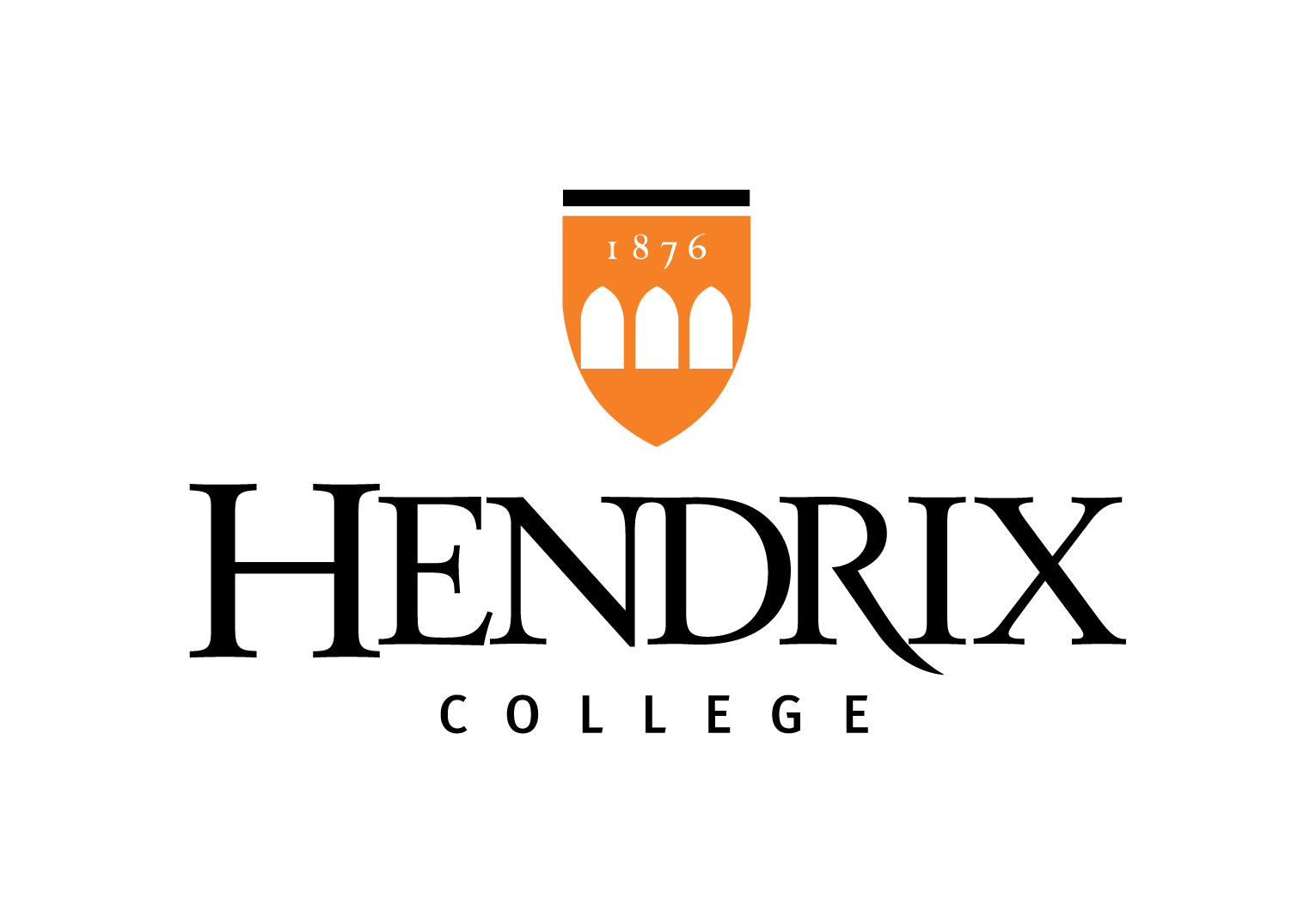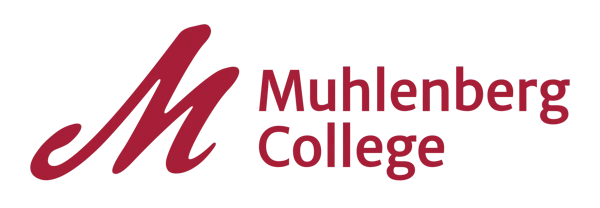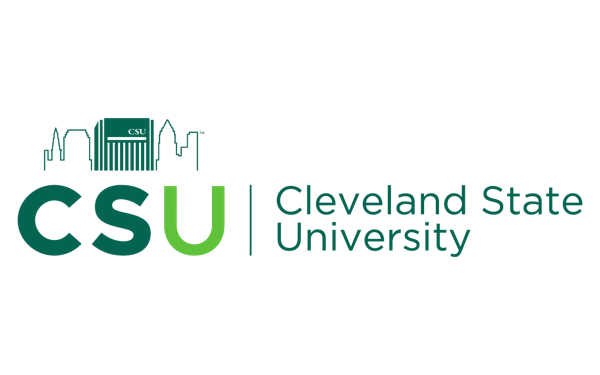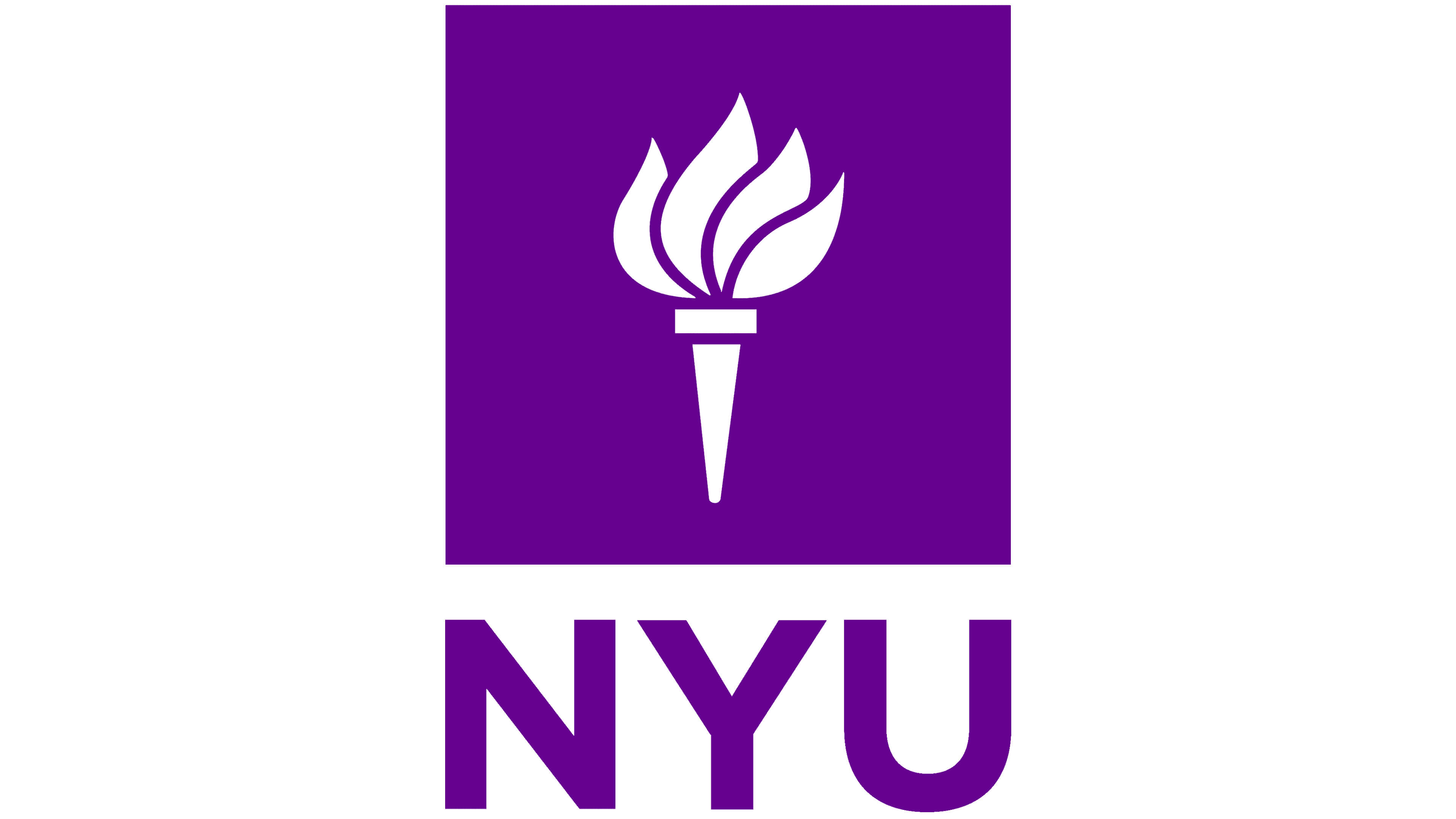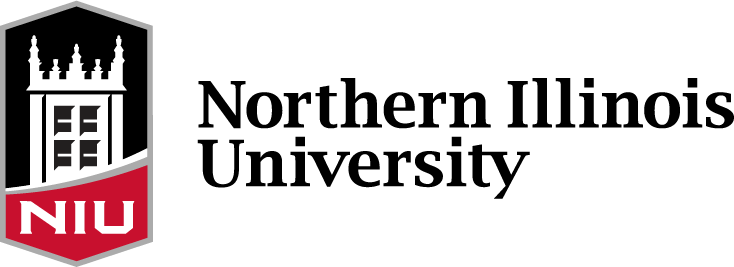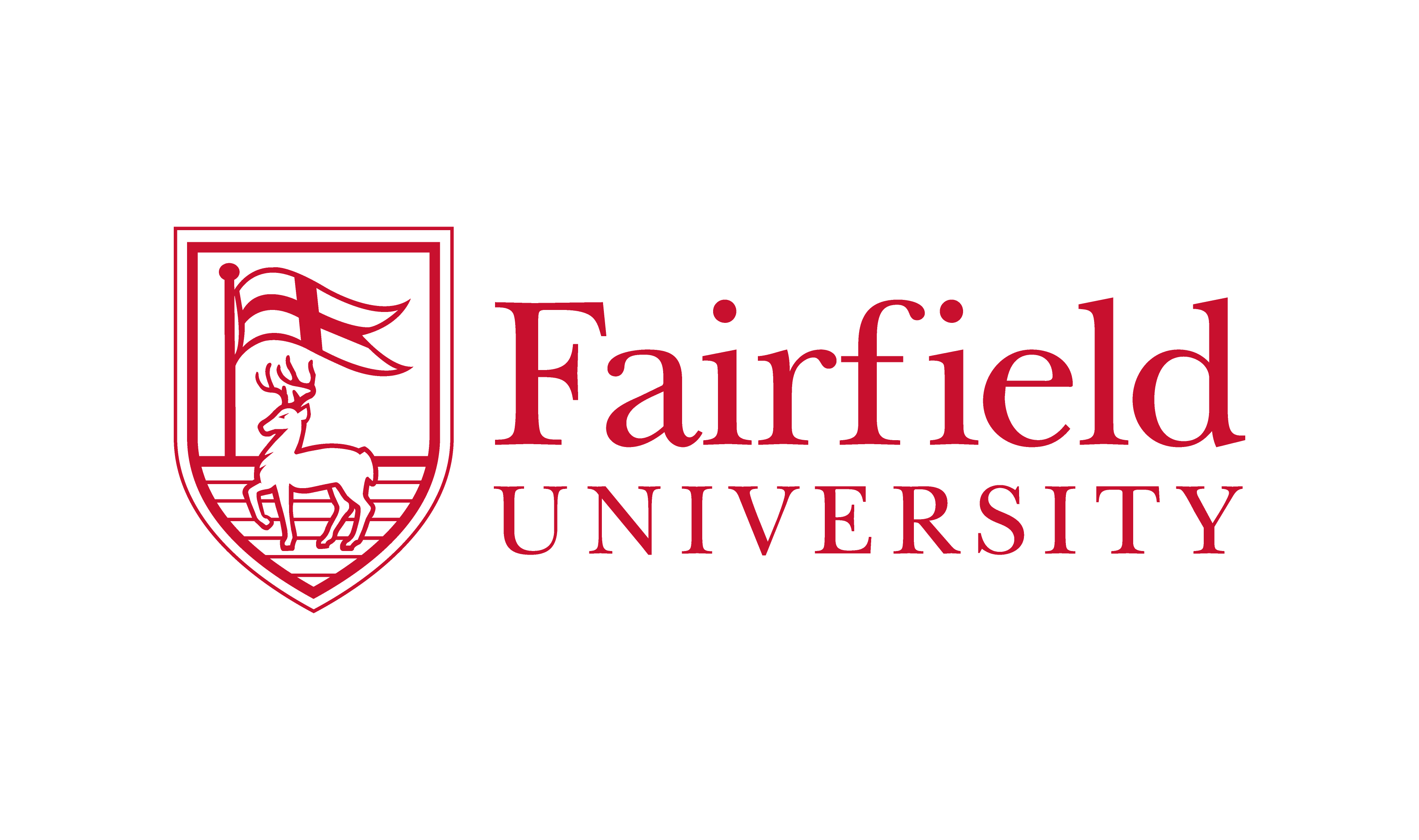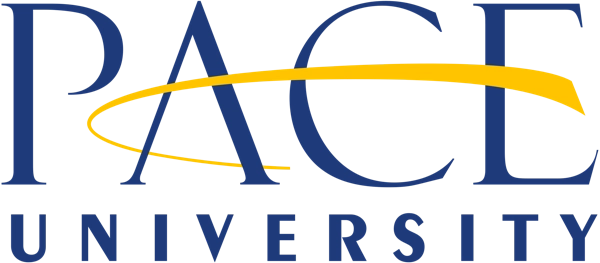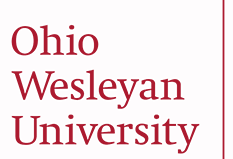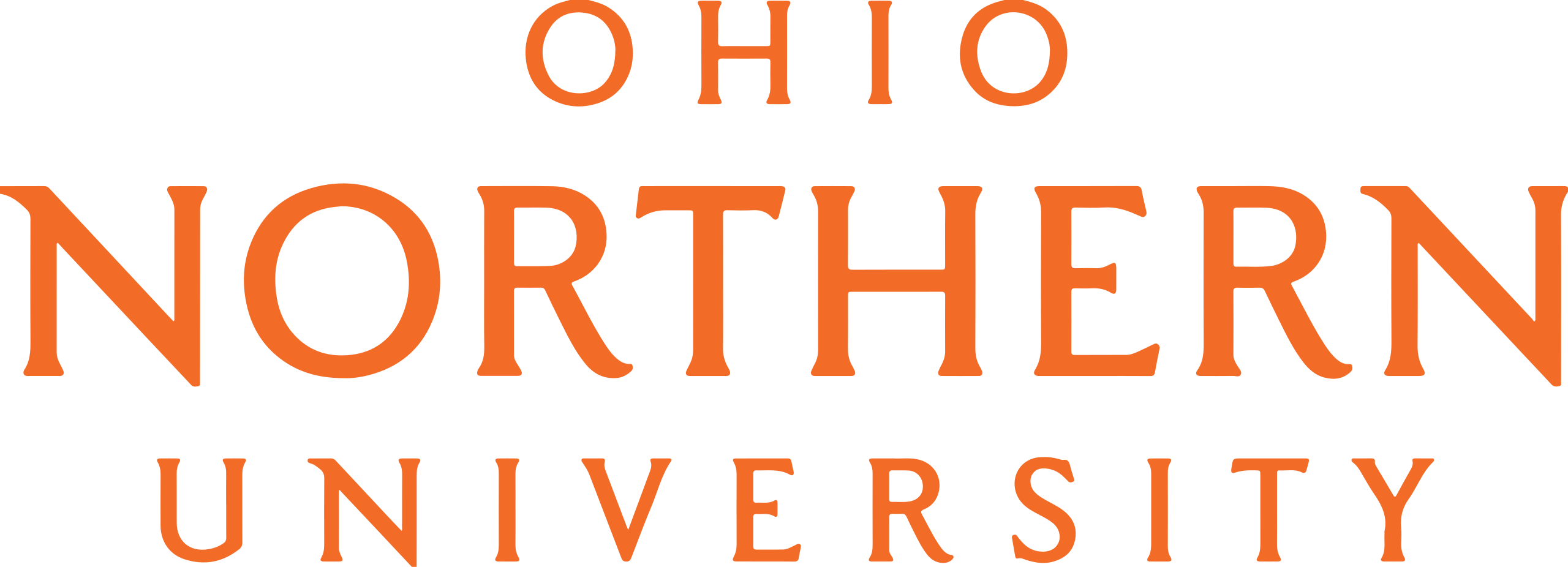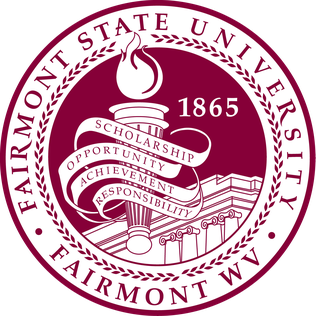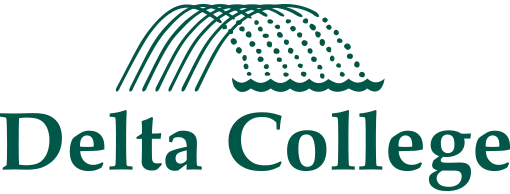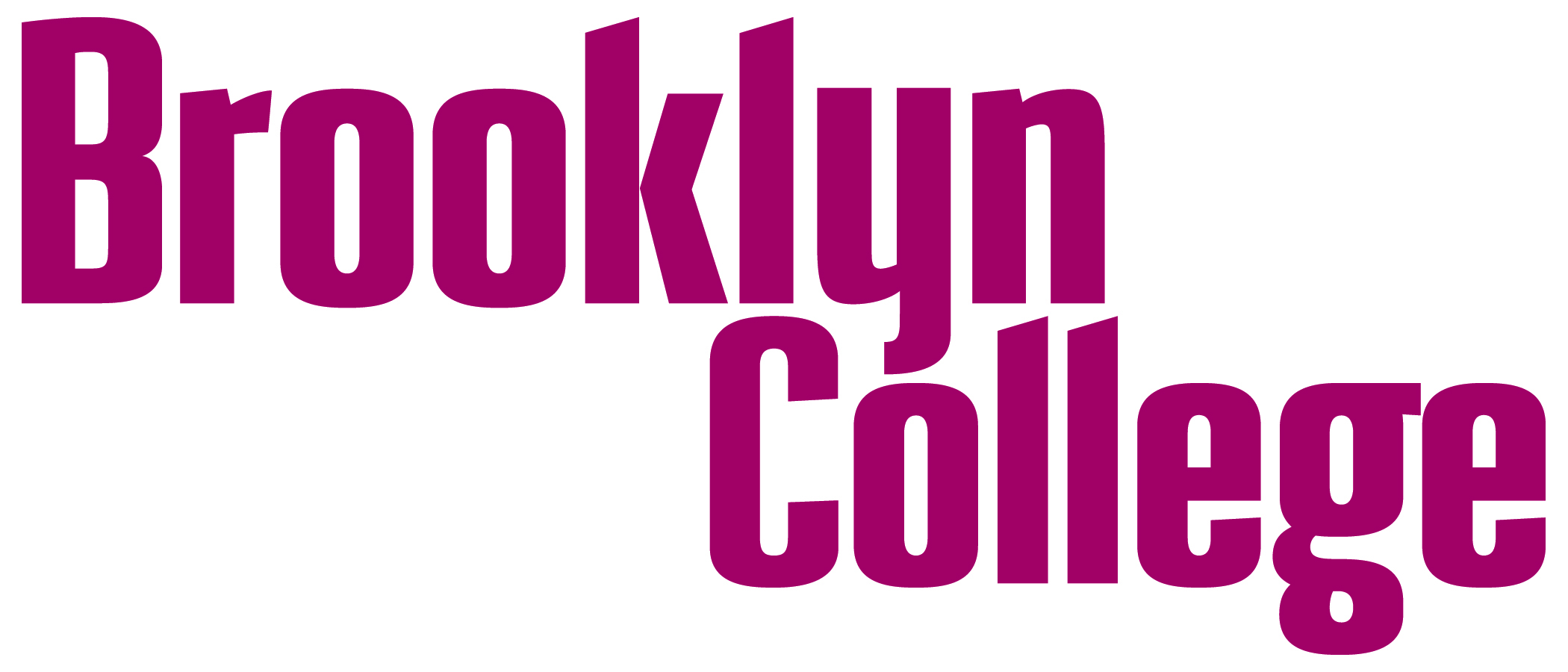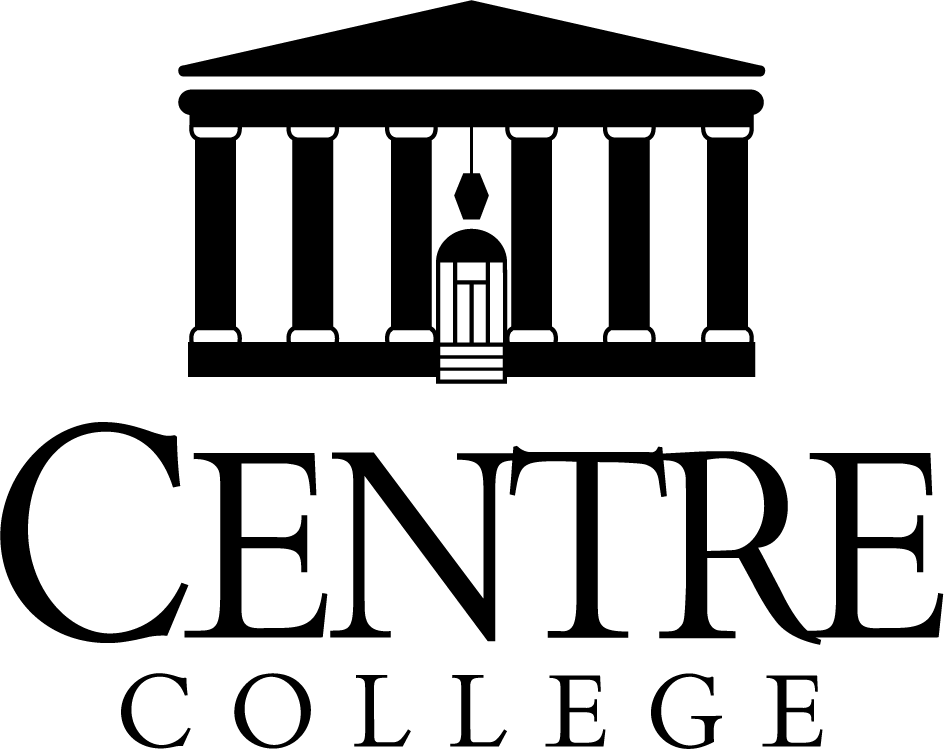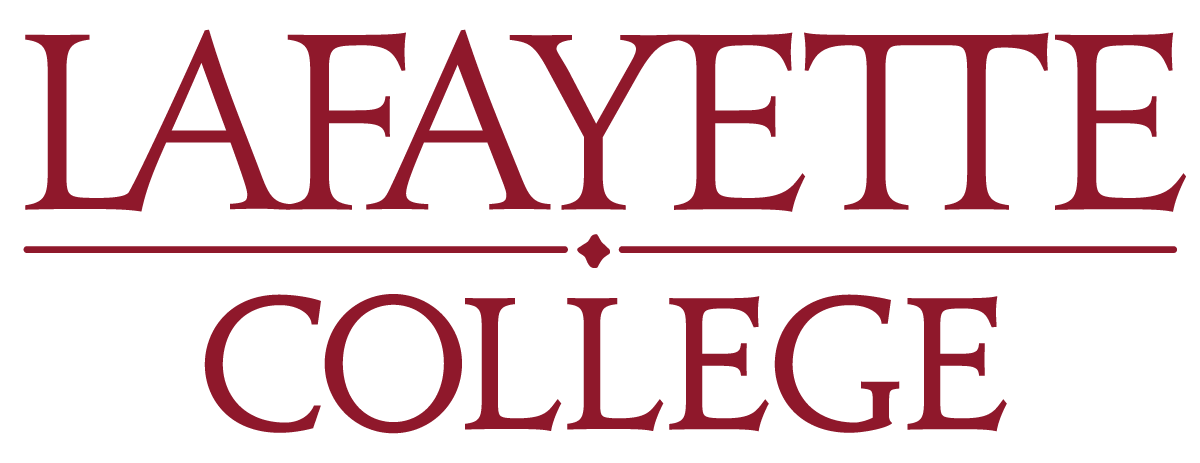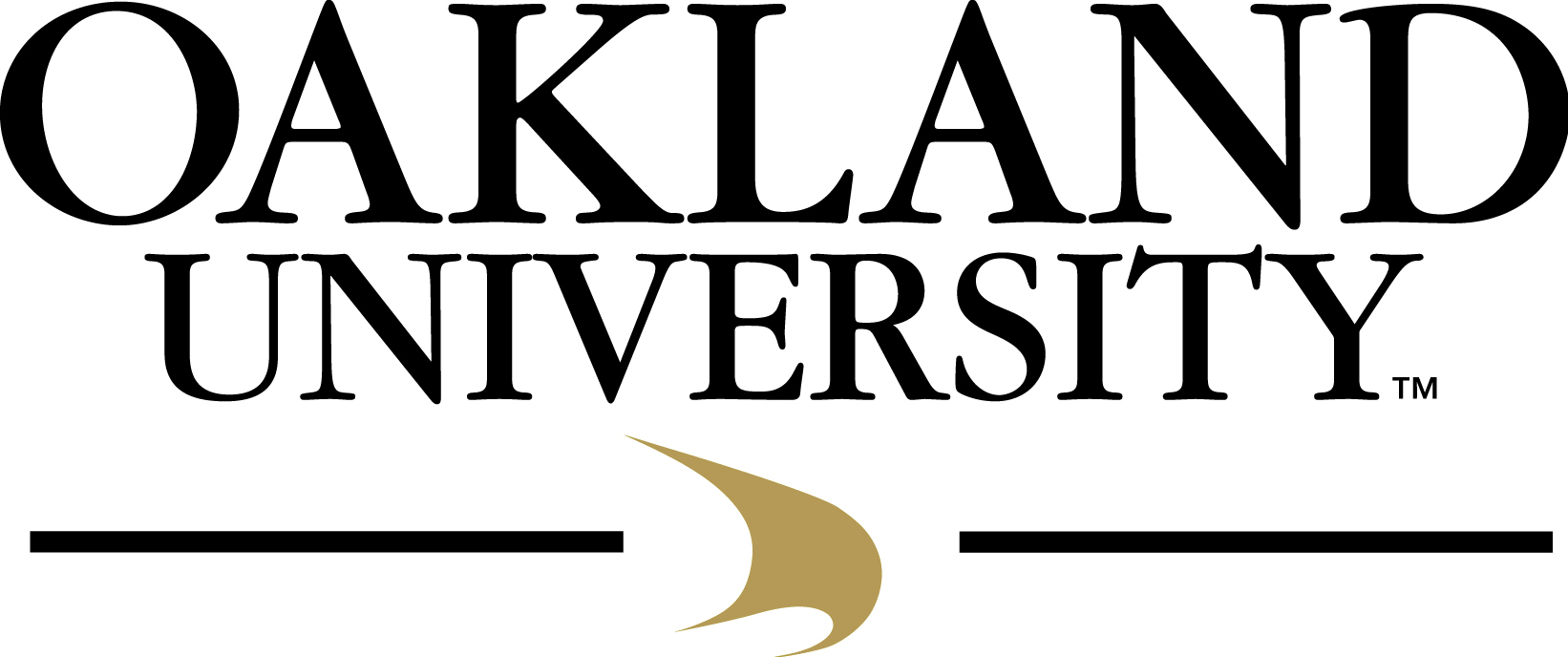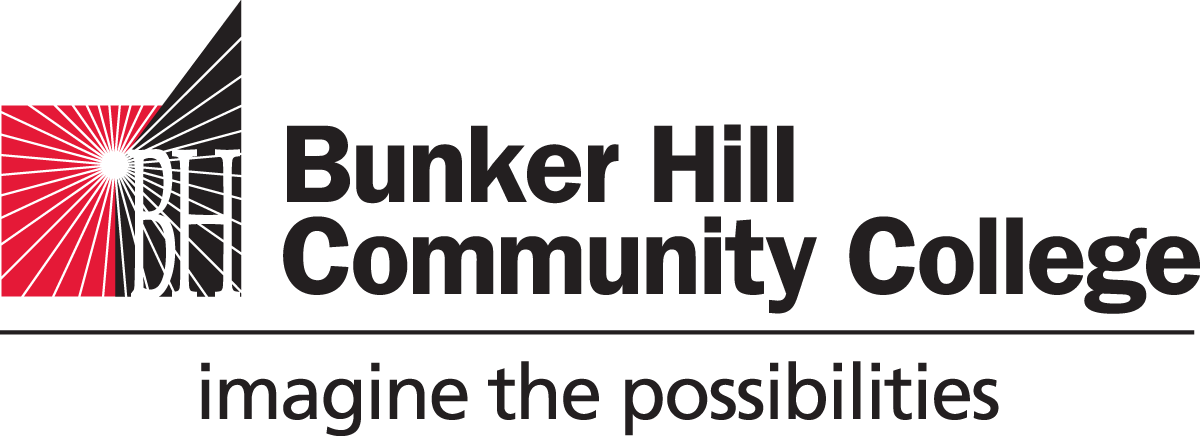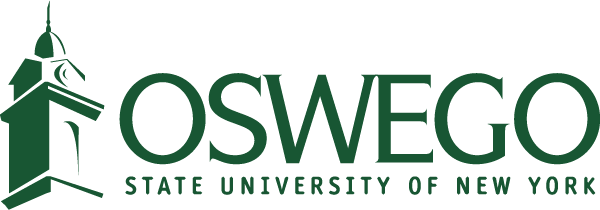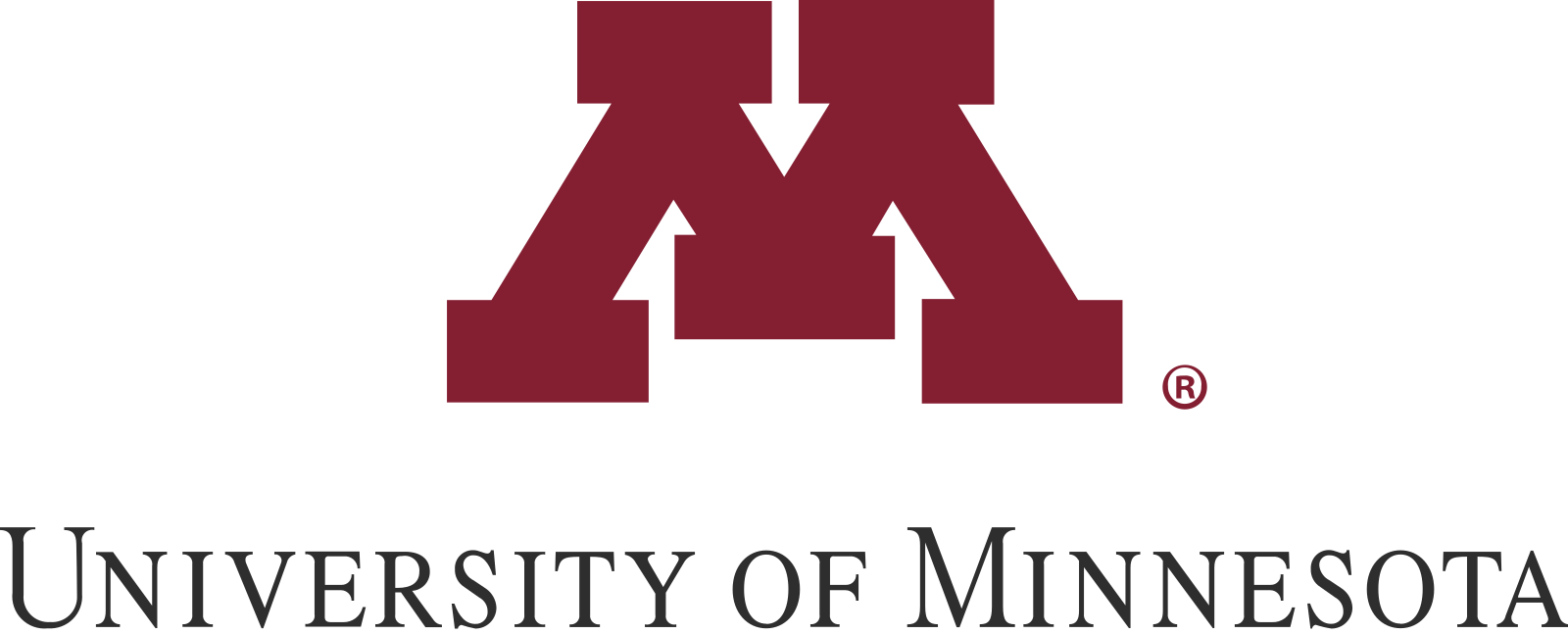
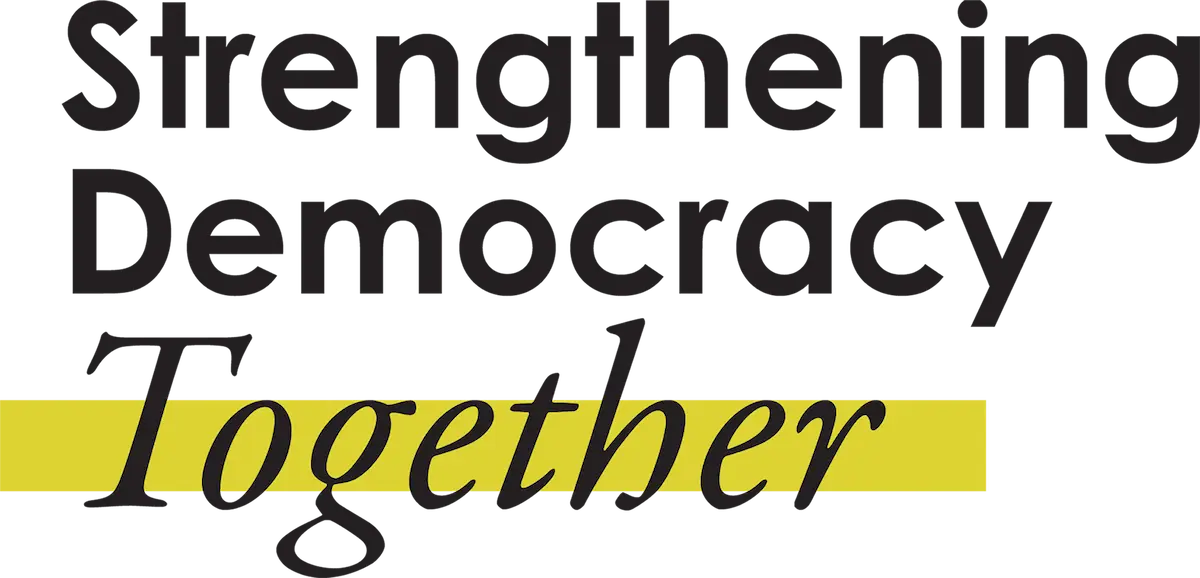
College Presidents for Civic Preparedness equips Gen Z to thrive in a complex and divided country
Convened by the Institute for Citizens & Scholars, this coalition of 100+ campus leaders from diverse ideologies, backgrounds, and institutions is committed to transforming campuses into civic development hubs.
Our top priority is preparing students to learn to engage across divides, discern fact from fiction, and solve problems collaboratively.
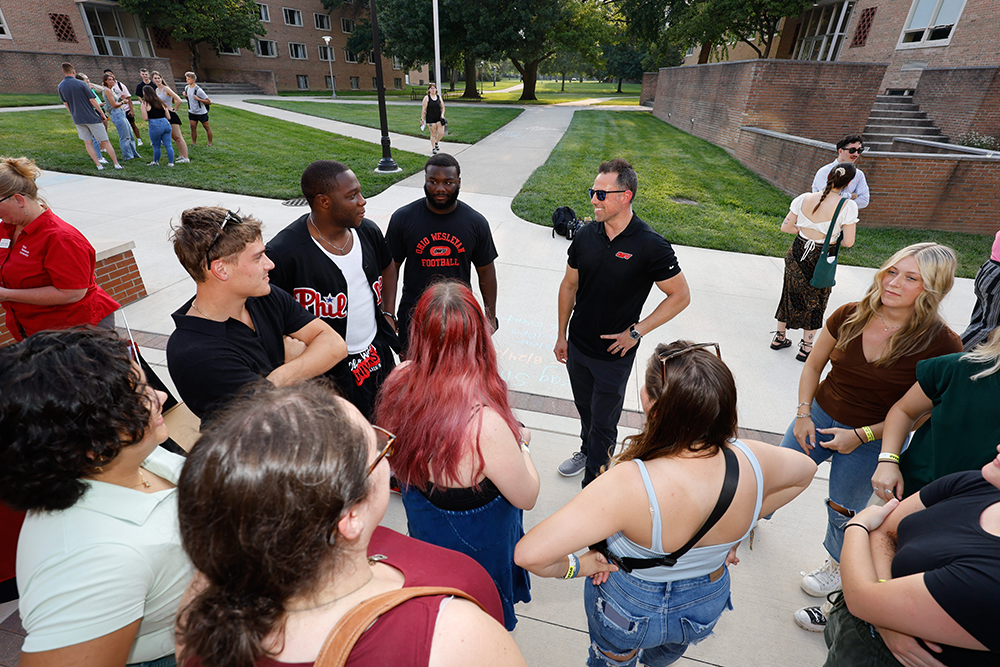
A pivotal time for higher education and American democracy
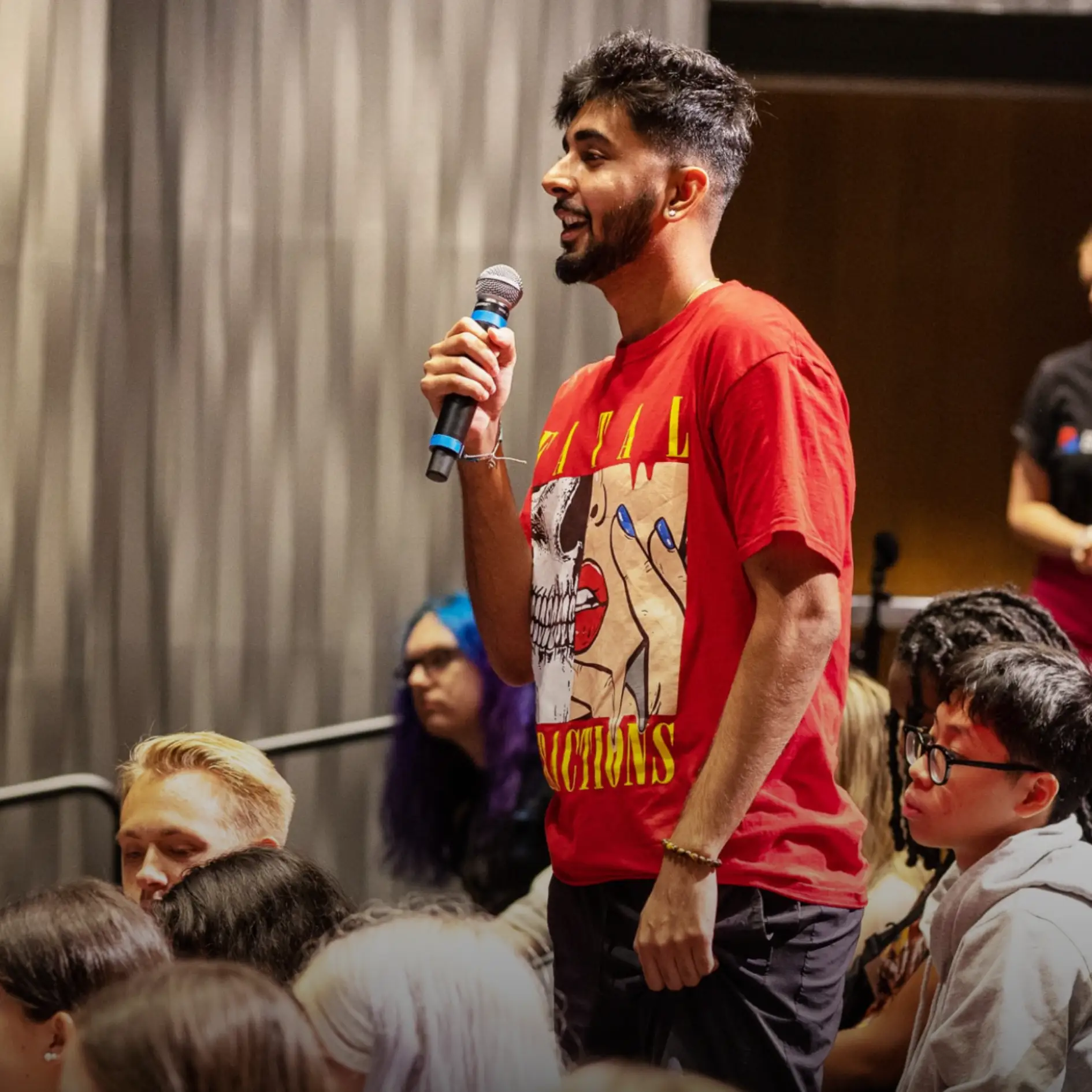
Students needs tools and opportunities to engage in difficult conversations about sensitive and complex issues
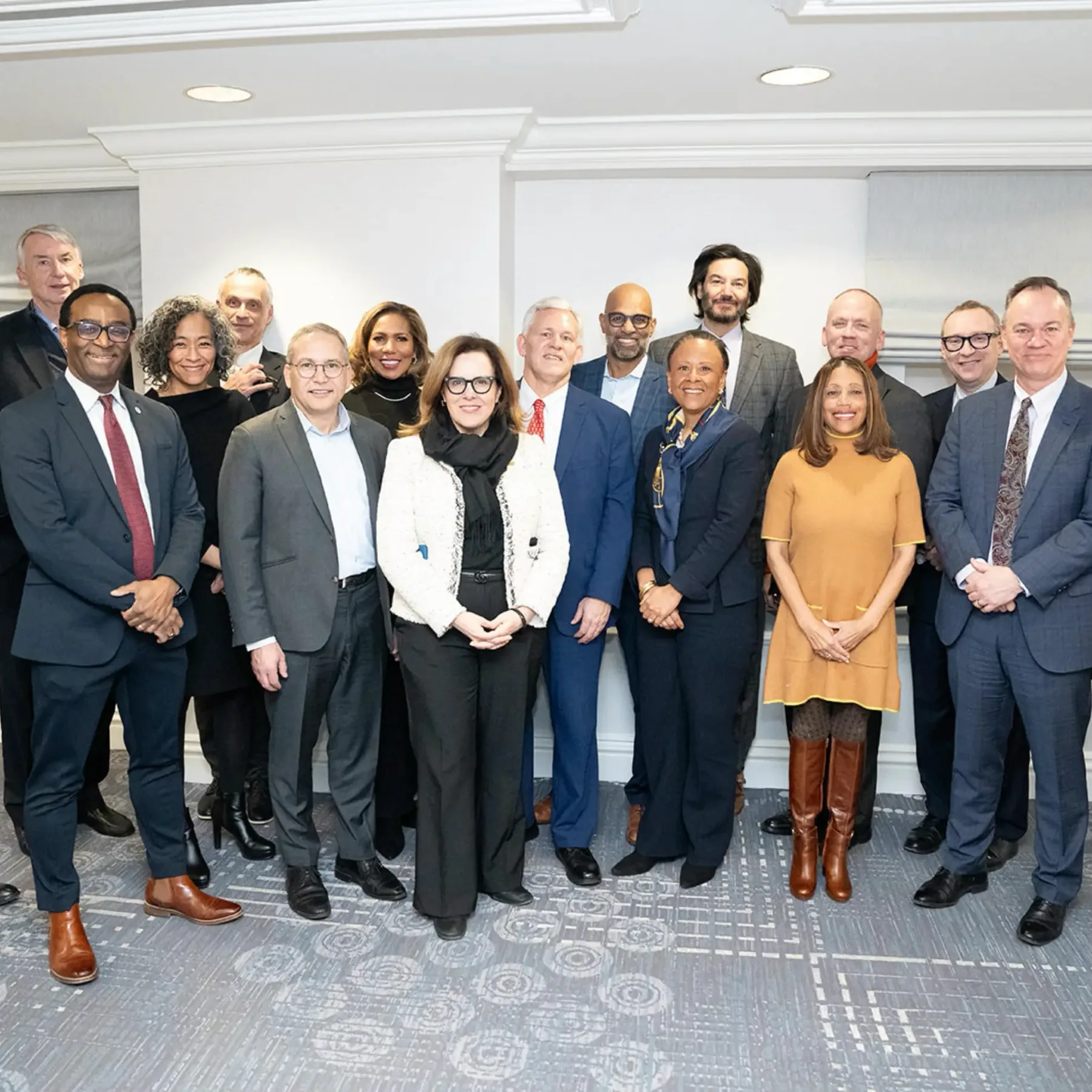
Presidents collaborate to share insights, discuss challenges, and build tools that equip students with the skills to master difficult conversations in a divided nation
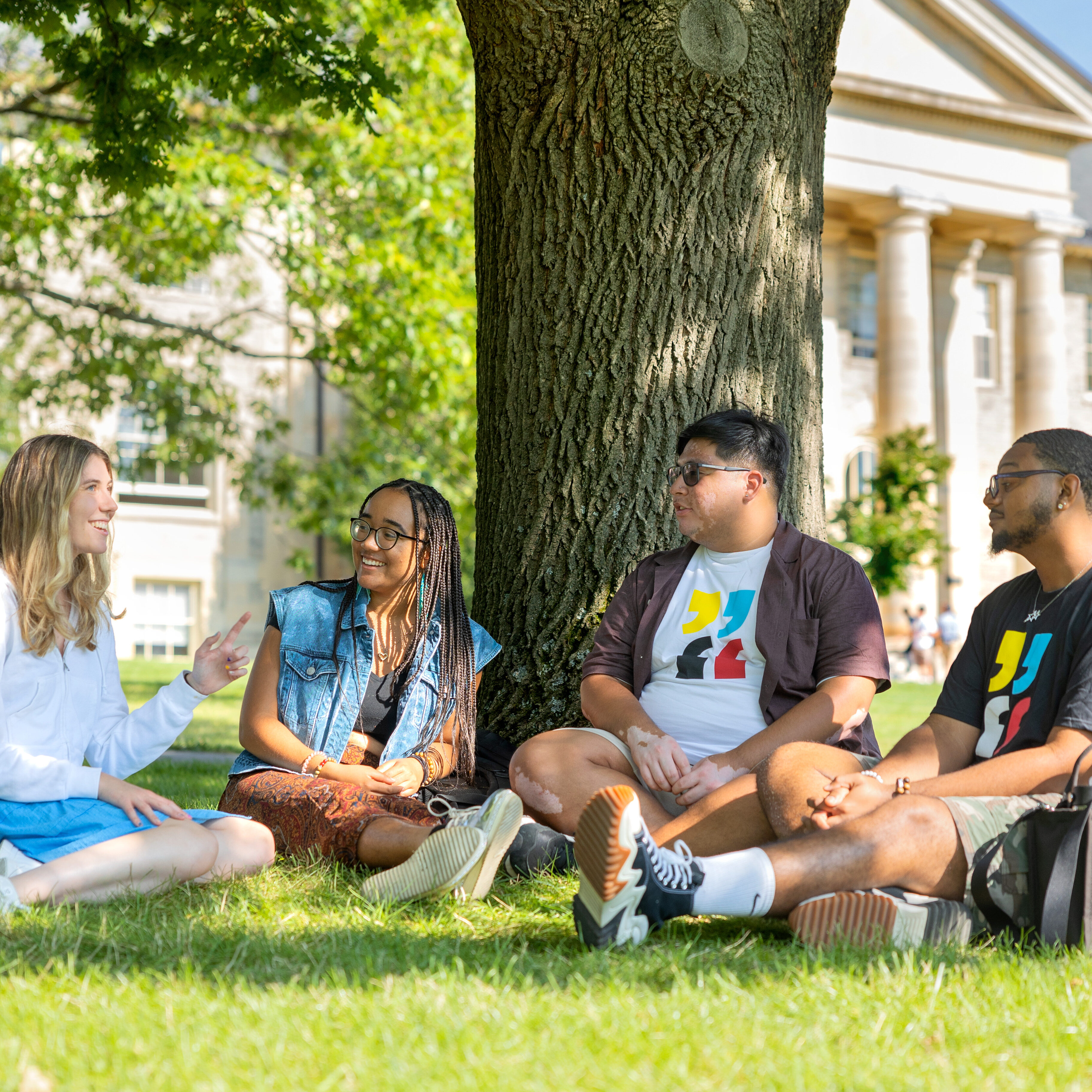
Guided by three Civic Commitments, presidents develop campus-specific programming that impacts all areas of campus life—from lecture halls to dining rooms to dorms
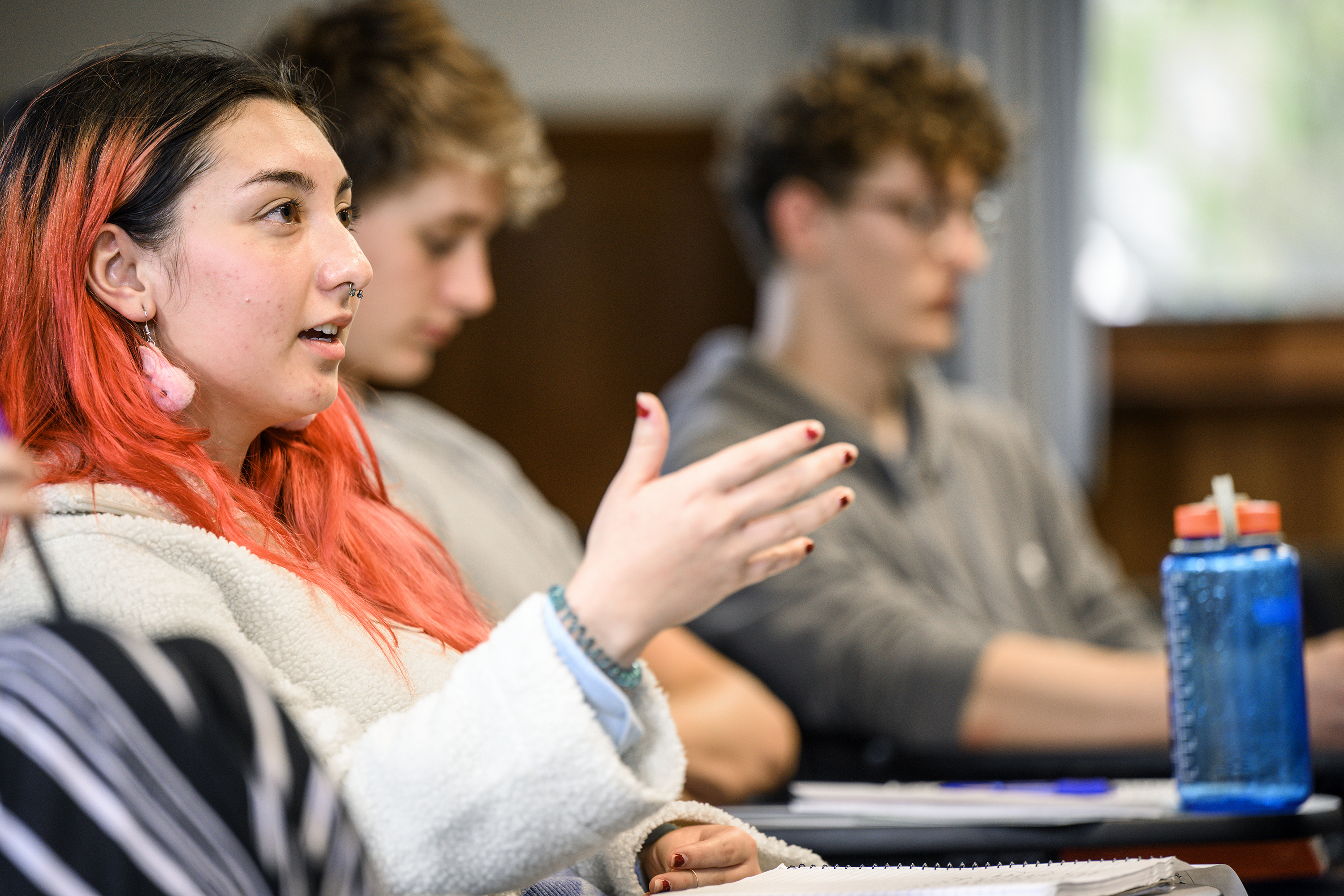
Ensuring students are prepared to participate effectively in a vibrant, diverse, and contentious society

A pivotal time for higher education and American democracy

Students needs tools and opportunities to engage in difficult conversations about sensitive and complex issues

Presidents collaborate to share insights, discuss challenges, and build tools that equip students with the skills to master difficult conversations in a divided nation

Guided by three Civic Commitments, presidents develop campus-specific programming that impacts all areas of campus life—from lecture halls to dining rooms to dorms

Ensuring students are prepared to participate effectively in a vibrant, diverse, and contentious society
The Civic Commitments
Presidents make the following Civic Commitments to our students, our academic communities, and the democratic society we serve:
Explore
This moment in our democracy calls for leaders who can imagine a better future and who have the wisdom and courage to help create it. At Macaulay Honors College (CUNY), students learn to see New York City not just as a place to study, but as a living classroom that invites inquiry, reflection, compassion, and bold action. They explore community science and civic data, but they also engage in humanistic inquiry, creative problem-solving, and dialogue across difference. These experiences cultivate the habits of mind and heart that democratic leadership requires: curiosity, empathy, intellectual rigor, and a commitment to the public good.
The Civic Commitments of Citizens & Scholars resonate deeply with our mission to prepare students who can think critically, act with integrity, and strengthen the civic life of their communities. They affirm our belief that education is a civic act and that colleges must nurture the capacities that democratic life depends on. I am joining this coalition because I believe our students can help renew the civic spirit of our great city and the country, and because public higher education must be a catalyst for civic trust, civic courage, and the leadership our democracy urgently needs.
“Teaching and learning for democratic vitality is the moral imperative of our times. Institutions of higher education from across the wide spectrum of our institutional landscape must commit to civic education. We can and must do better. The future of democracy demands it.”
Brooklyn College's values include intellectual rigor, fact-based analysis, respect for others, and engagement across differences. These principles are critical to meaningful civic discourse, responsible free expression, and a thriving democracy.
I joined because higher education must once again become the moral imagination of our democracy. I believe our classrooms are rehearsal spaces for citizenship—where students learn that democracy is not inherited but renewed each time an educated mind chooses courage over cynicism and service over self. The Civic Commitments remind us that universities are not only centers of knowledge, but custodians of conscience and stewards of a fragile experiment called democracy. And like a compass guiding us through uncertain times, these commitments keep us true to our purpose: to prepare citizens who do not merely navigate the world as it is, but who imagine and build the world as it should be.
An informed citizenry is a cornerstone of democracy, and higher education plays an important role in preparing students to be active community members, have well-reasoned and civil discussions, and participate in civic life. Rollins College’s commitment to free inquiry and expression, civil discourse, and civic preparedness is critical to this mission.
As a public university, civic leadership is at the center of our educational, research, and service missions. Last year, we launched the Civic Dialogue Initiative to infuse the skills of civic life within our campus culture. Through active listening, curiosity, and perspective taking, the initiative creates a community that solves problems together. This is how we make democracy work. From classrooms and residence halls to research labs and our broader community, the Civic Commitments of College Presidents for Civic Preparedness align with and advance our values and mission.
James Madison University is a national leader in civic discourse and free speech and continued partnership and participation in the College Presidents for Civic Preparedness consortium will only make our campus stronger. JMU's mission statement emphasizes the need for preparing students to be educated and enlightened democratic citizens who lead productive and meaningful lives. We are committed to providing our students with the tools and resources they need to become engaged citizens who value free speech, democracy, and lifelong learning. Our core campus values are directly reflected in the consortium’s Civic Commitments, and it is my honor to join this group as we pledge our shared commitment to the pursuit of the common good.
Leaders of higher education must be in the business of bringing students together from widely different backgrounds and providing them the tools and the space to engage in dialogue. It is through a strong campus community--inside and outside the classroom--where disagreement can coexist with civility and that generations of young people can learn how to bridge, connect, and flourish.
Free expression is a critically important element of a civil society and an essential part of university life. It is important to our university community and reflects our core values that promote civil discourse and civic preparedness.
Civic preparedness is the bedrock of a thriving democracy. At Cal State San Marcos, we are dedicated to empowering our students by nurturing their knowledge and honing their skills, preparing them to become active, engaged citizens ready to address and overcome the challenges of tomorrow.
Higher education institutions fail in delivering their educational missions if their graduates are not prepared to effectively engage in our democracy.
Preparedness for civic engagement and the ability to engage in civil discourse is a deep challenge for open societies across the globe as well as for our college and university campuses. All of education, including higher education, need to help cultivate the skills and capabilities of constructive dialogue, active listening, respectful debate, openness to different viewpoints, negotiation, and collective problem solving. Students are arriving on campus not knowing how to talk to each other, especially those with different viewpoints, and we cannot afford to allow them to leave campus without having learned that critical set of skills.
Society today is deeply nuanced, fractured and polarizing. Today's students need practice engaging in the difficult and uncomfortable work of confronting divergent perspectives and even misinformation. Higher education is uniquely positioned to help students learn and leverage civil discourse to build bridges of understanding. This work is challenging, but it is also essential to pursuing peace, protecting democracy, and producing informed, global citizens.
In and outside the classroom, the free and open and honest exchange of ideas is imperative. Our students, and we in the faculty, administration, and staff, must seize upon this time to promote freedom of thought and expression, to embrace challenges to our assumptions, and to be exemplars of civil discourse, even with views we doubt or oppose.
It's absolutely critical that universities like UW-Madison train our students to be thoughtful, productive, and engaged citizens—our graduates must be able to assess complex information, think critically, and engage productively with those who have different viewpoints, identities and life experiences.
In this time, it’s crucial that we do more than just bring people together to share the same space. We will double-down on the importance of a thriving, safe and welcoming community for everyone at Whitman. And we will make the most of the extraordinary opportunity for connection and face-to-face learning on a diverse and international campus. We will elevate the importance of constructive civil discourse, where honest conversation from different points of view is valued and leads to deeper understanding and creative collaboration.
The ability to have a group of committed presidents with the expertise at the Institute for Citizens & Scholars—it’s the work that Wellesley wanted to engage in. There is no established or validated path in this work, so we’re all navigating together and that’s very powerful.
Universities must embrace thought pluralism. For higher ed and our society, it is as vital as freedom of inquiry and freedom of expression. If we silence dissension on our college campuses, we are not serving our students and, worse, we may fail to provide them with the tools and skills the American public expects them to graduate with.
The fundamental idea is to challenge yourself—even if that means you will not always be comfortable. Being open to changing your mind, having the ability to hone your arguments, and thinking differently from multiple perspectives: these are essential skills and tools of higher education. It's imperative for leaders in higher education to do all we can to promote dialogue across differences, and that's why I'm so excited to be part of this coalition.
Momentum on Campuses
Explore the latest news, storytelling, and research advancing the principles of free expression, civil discourse, and critical inquiry on campuses.
